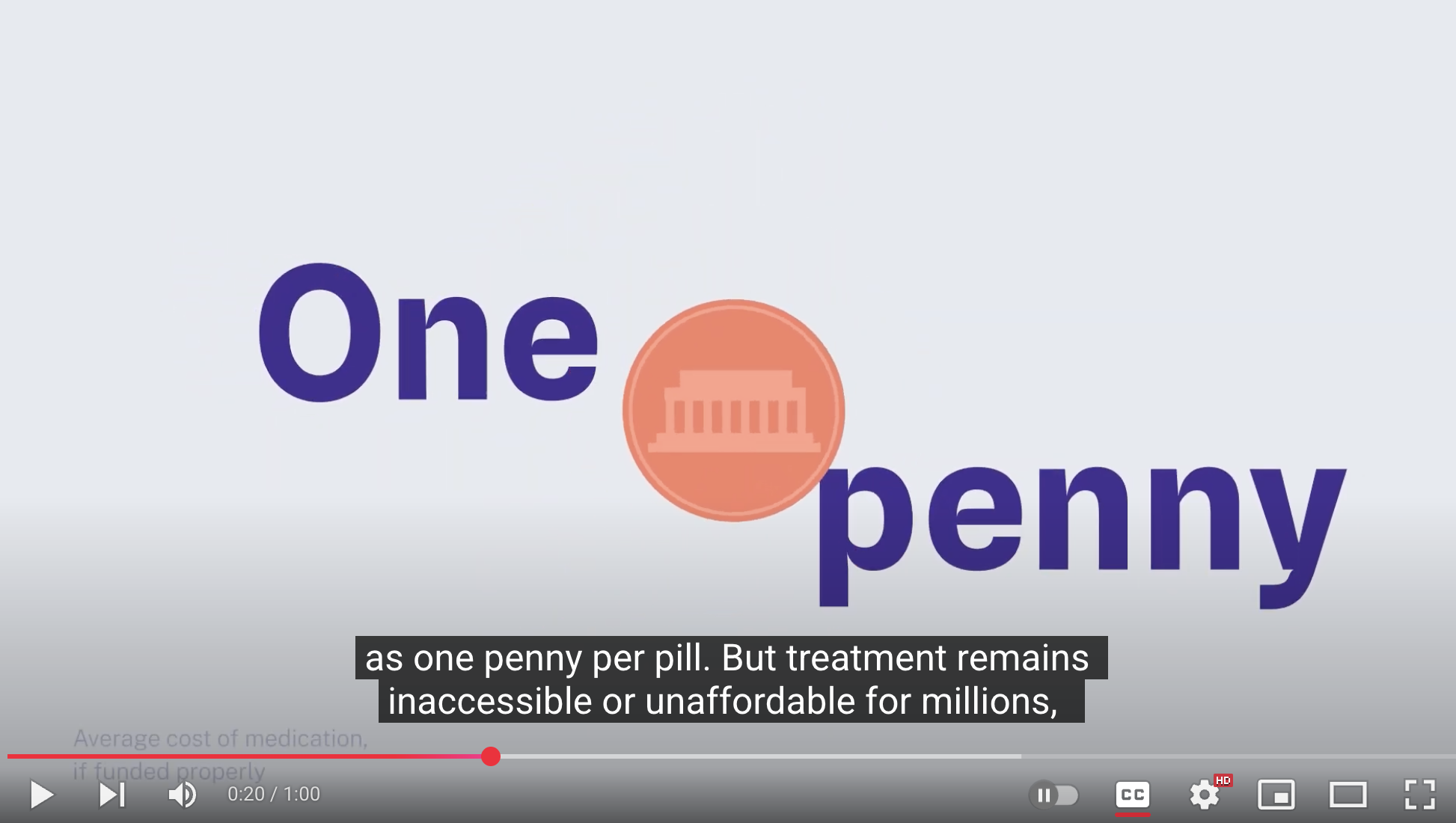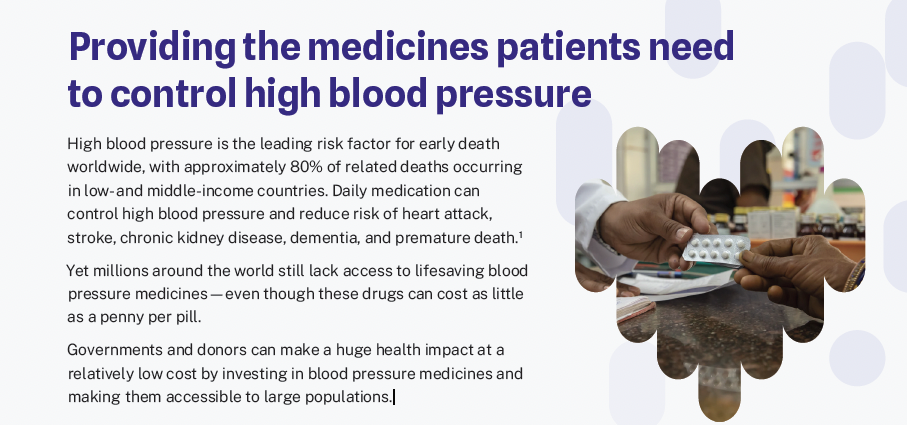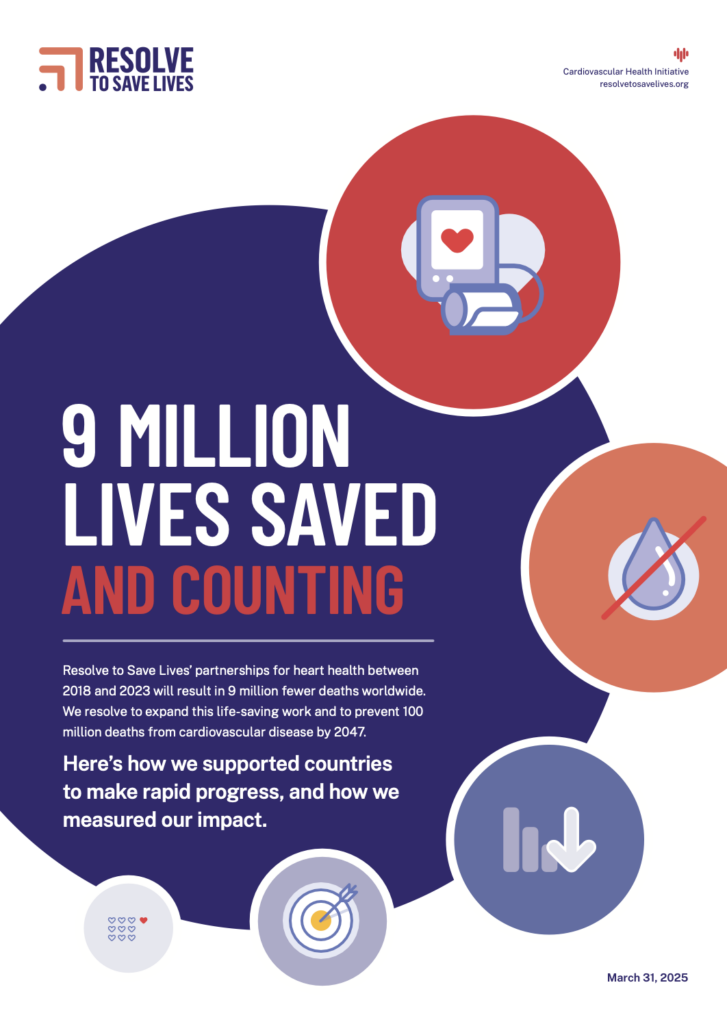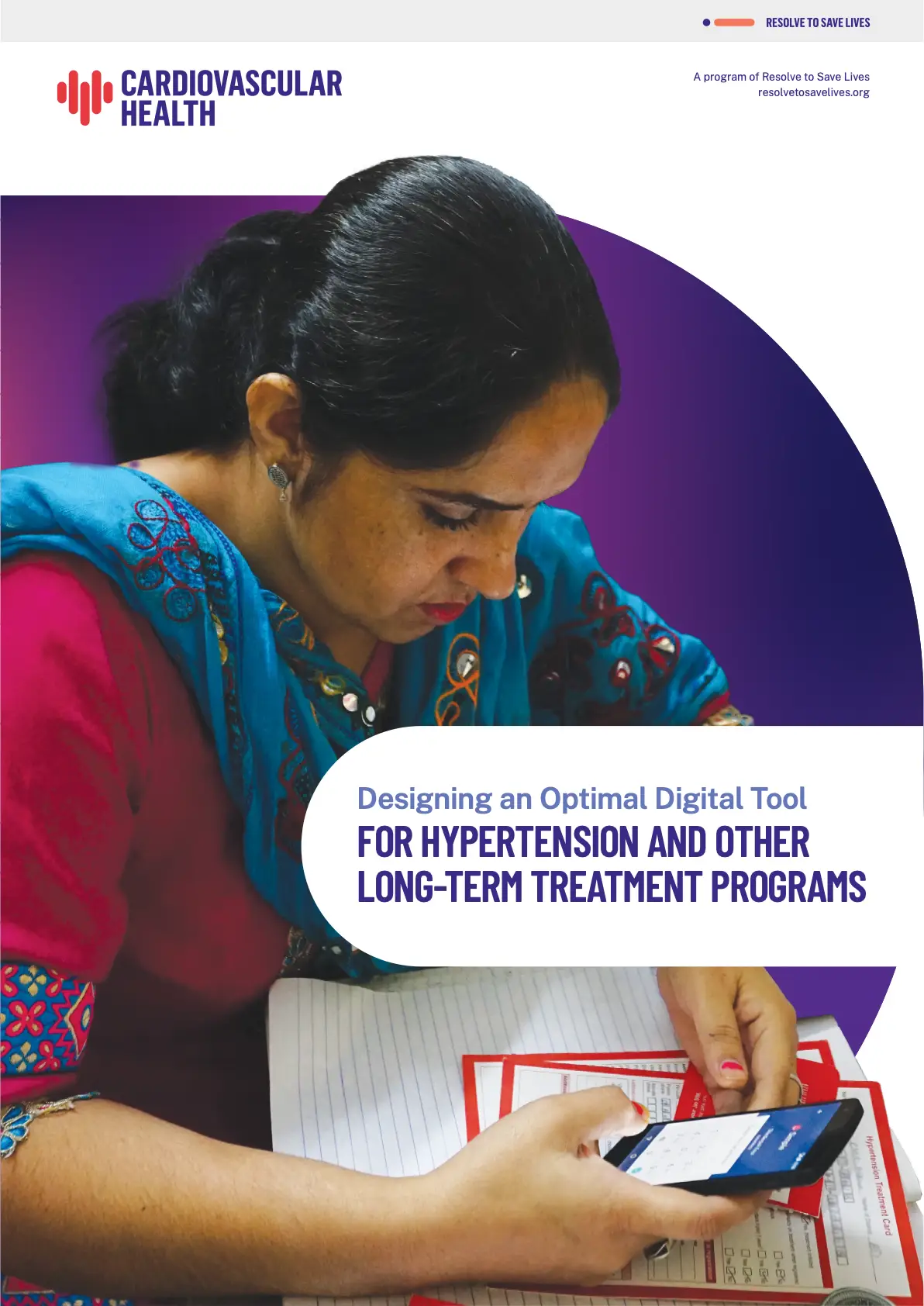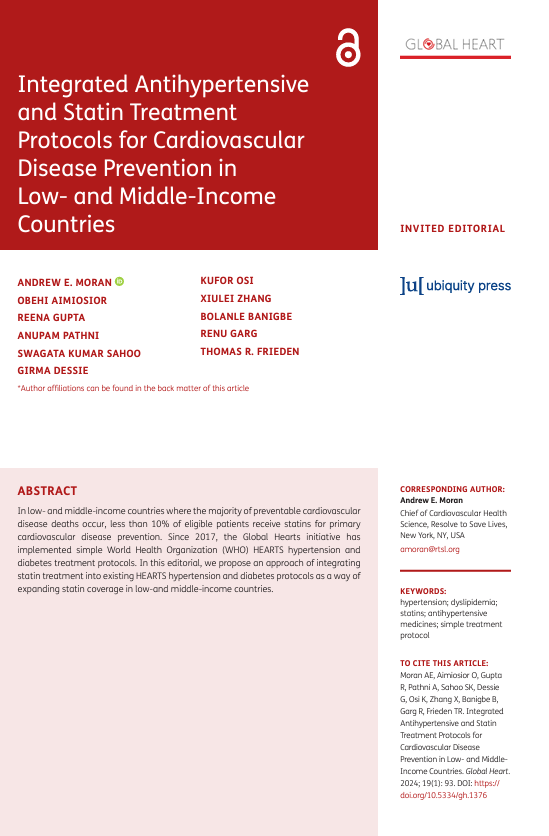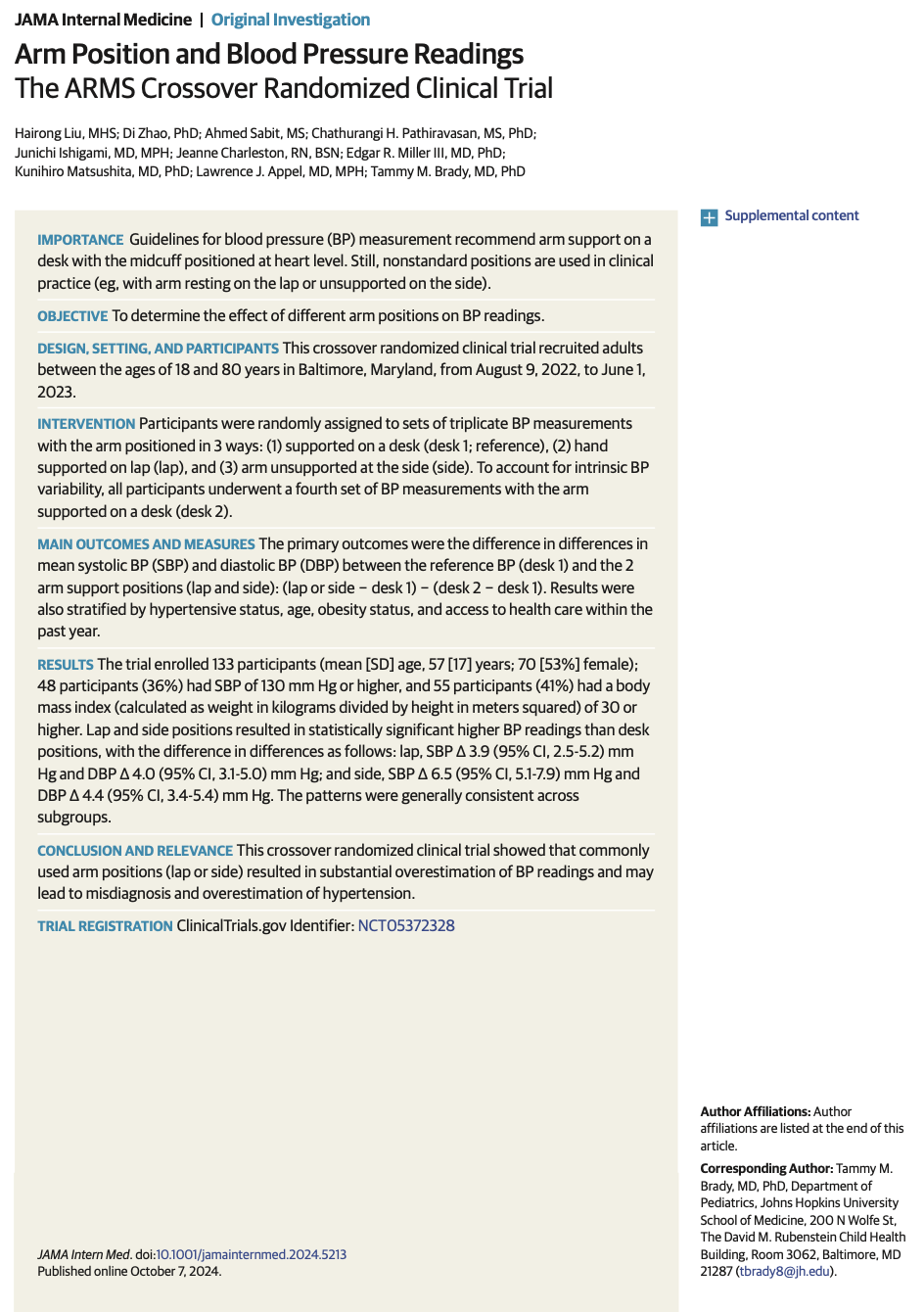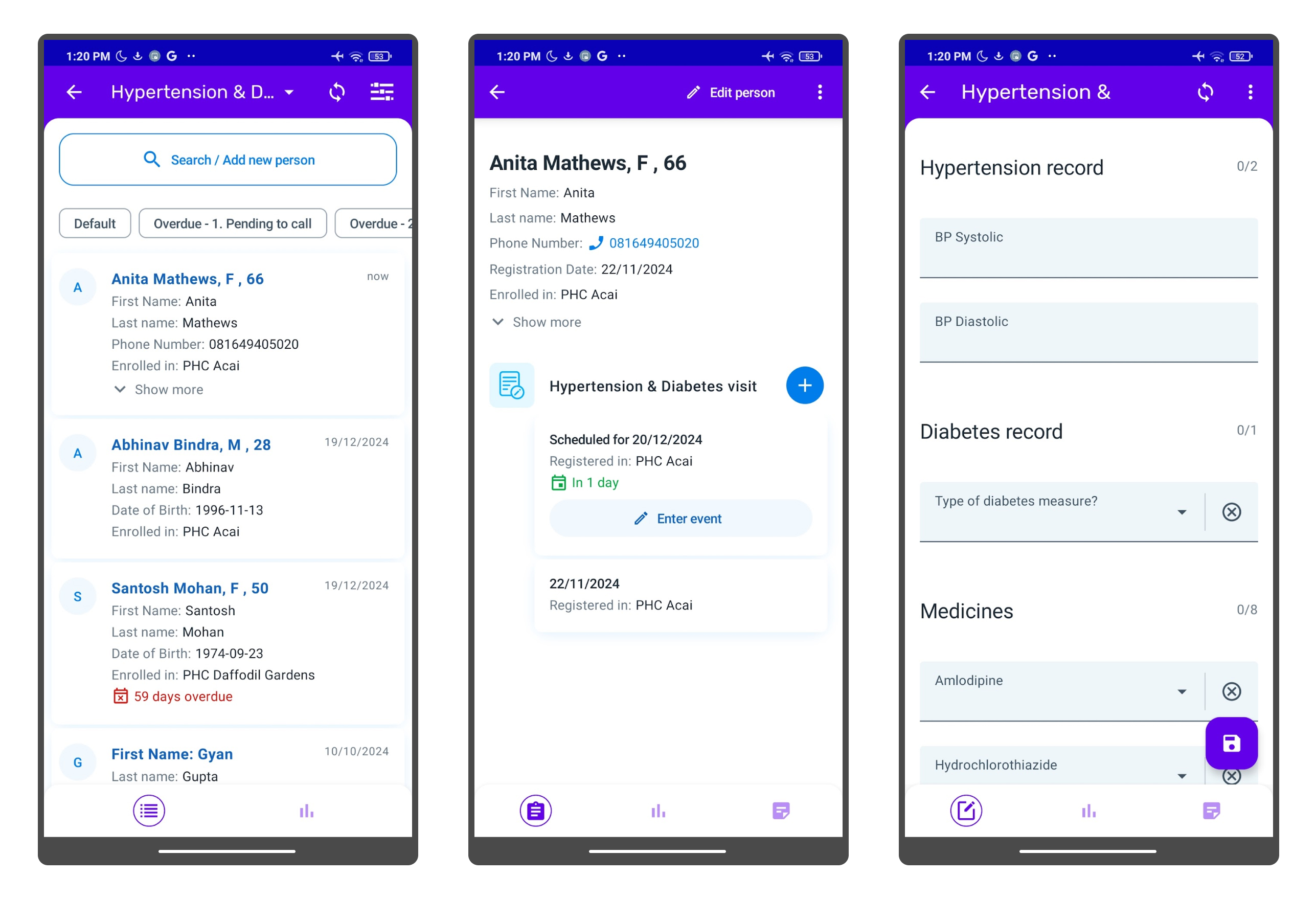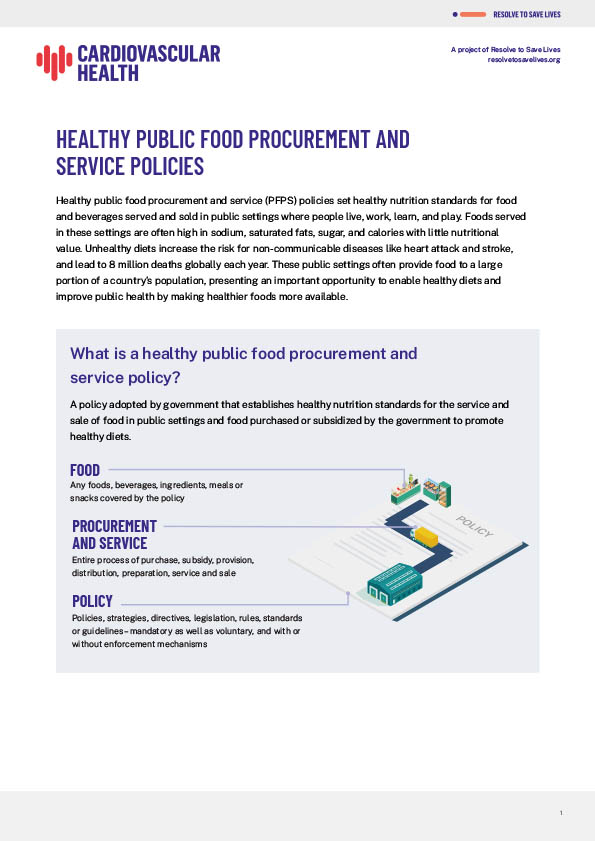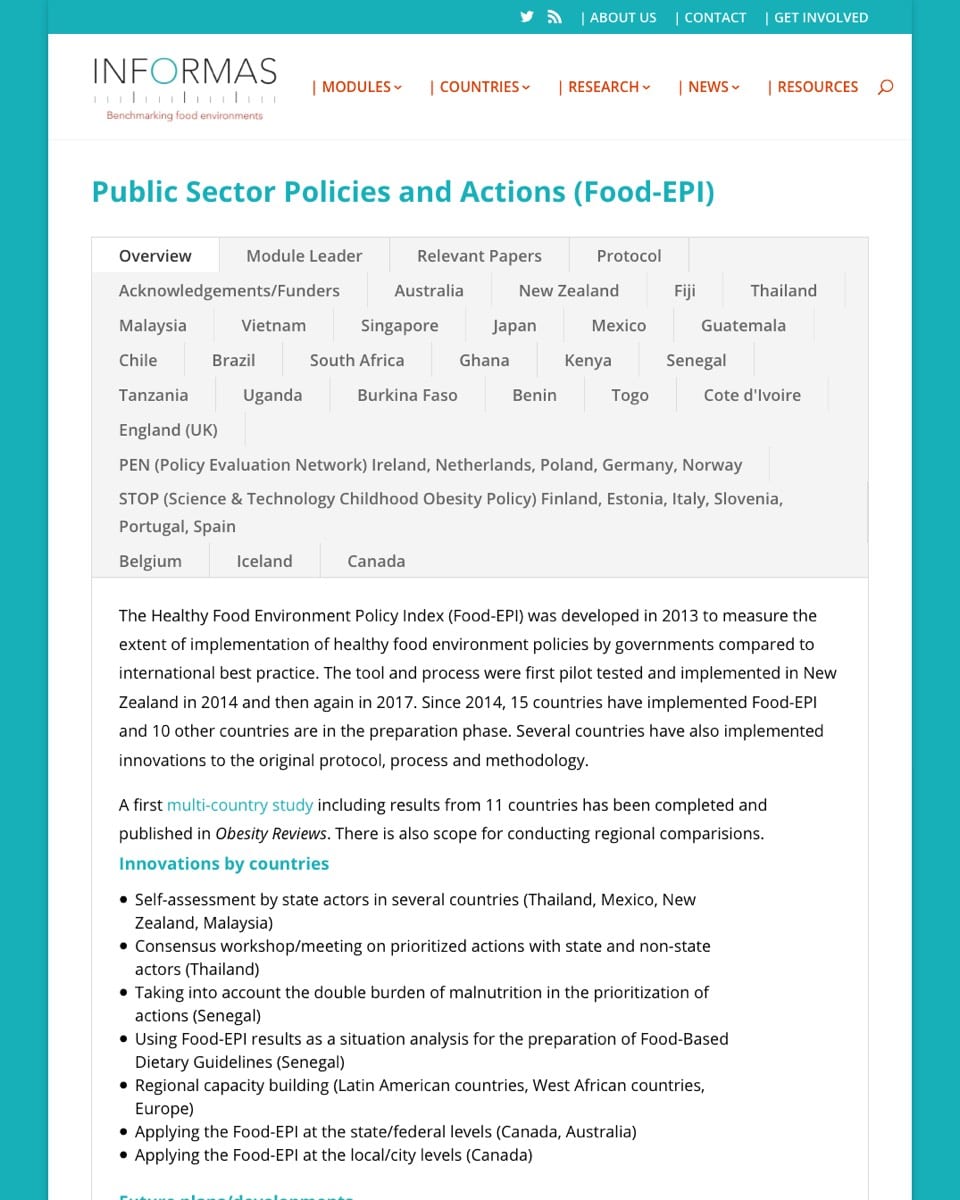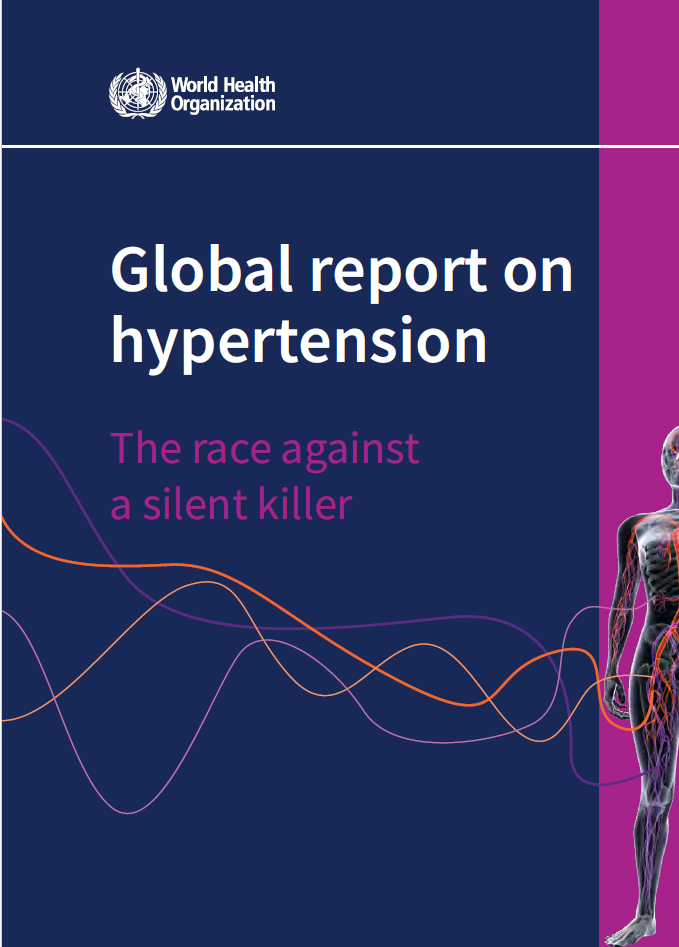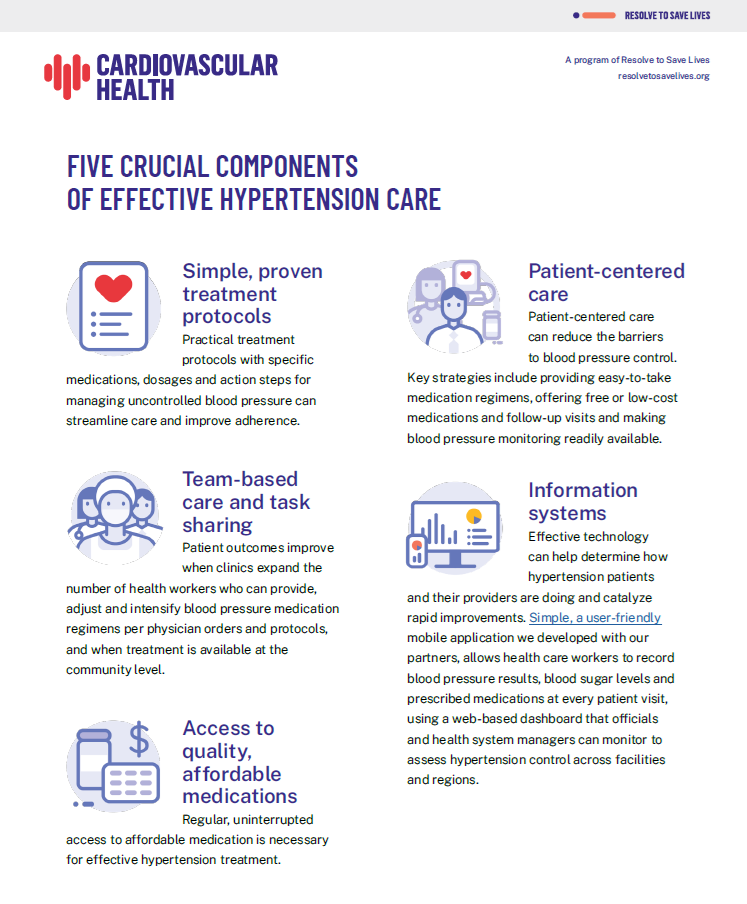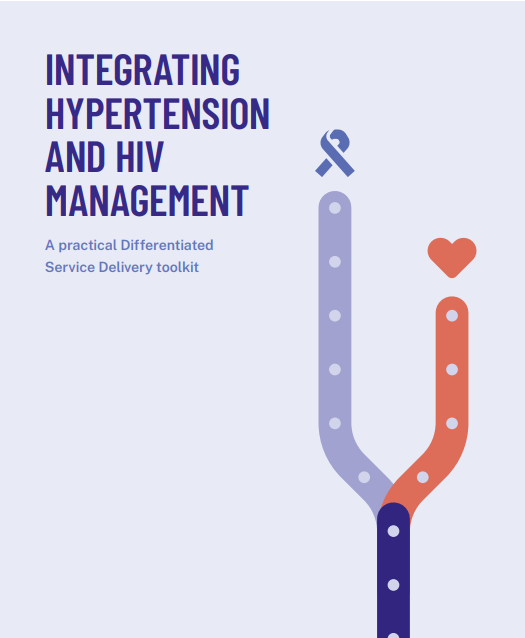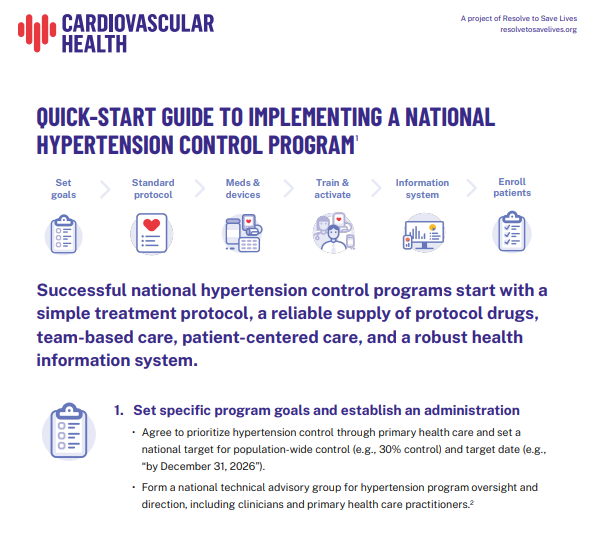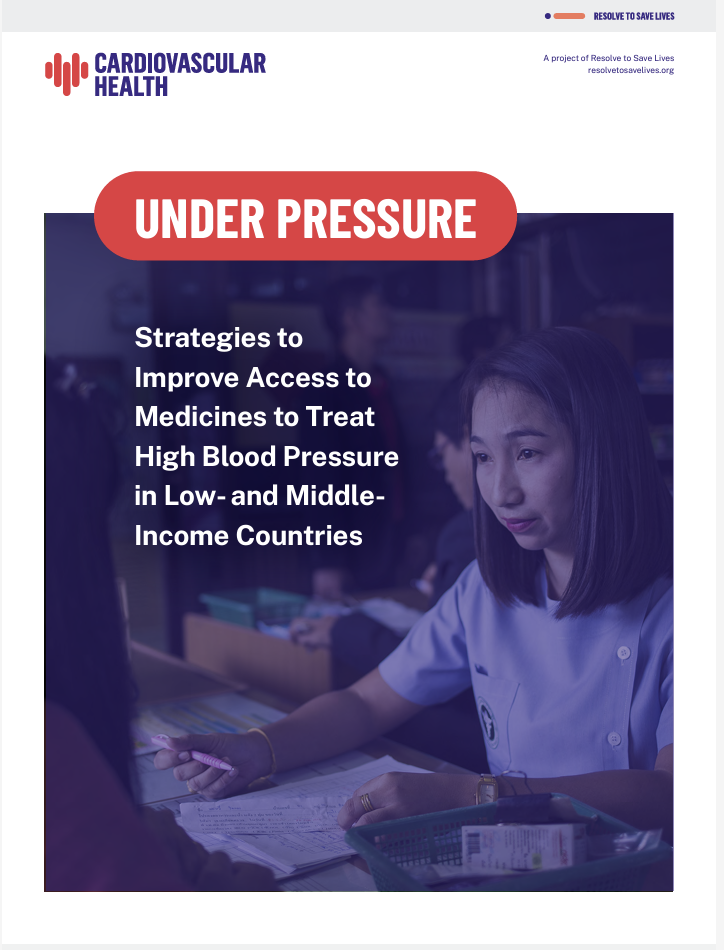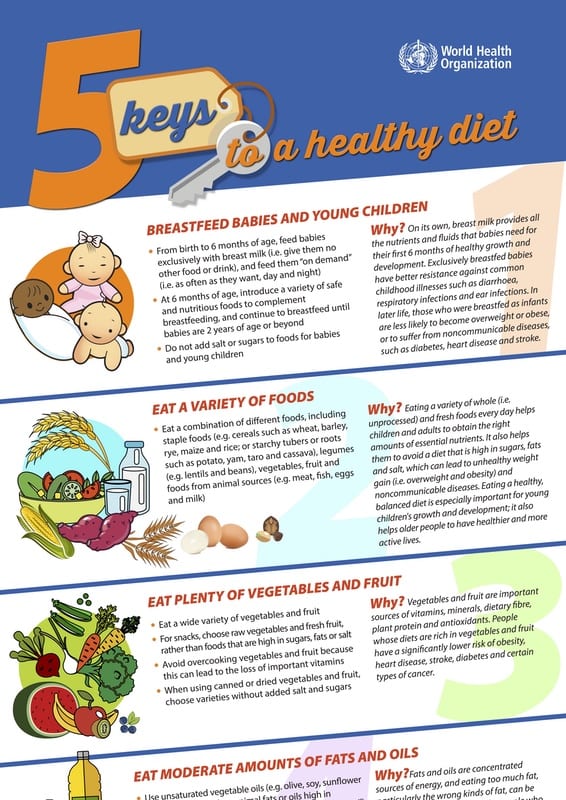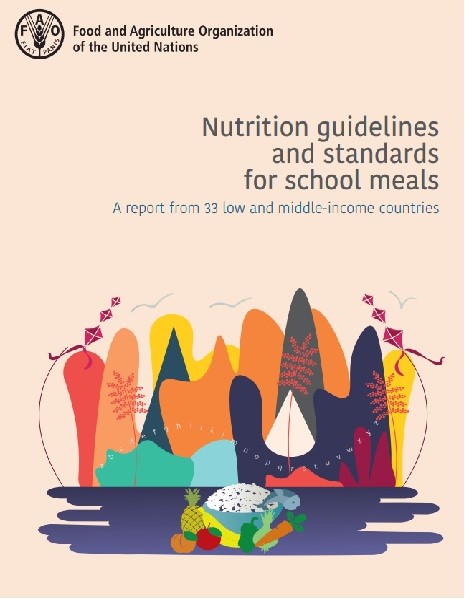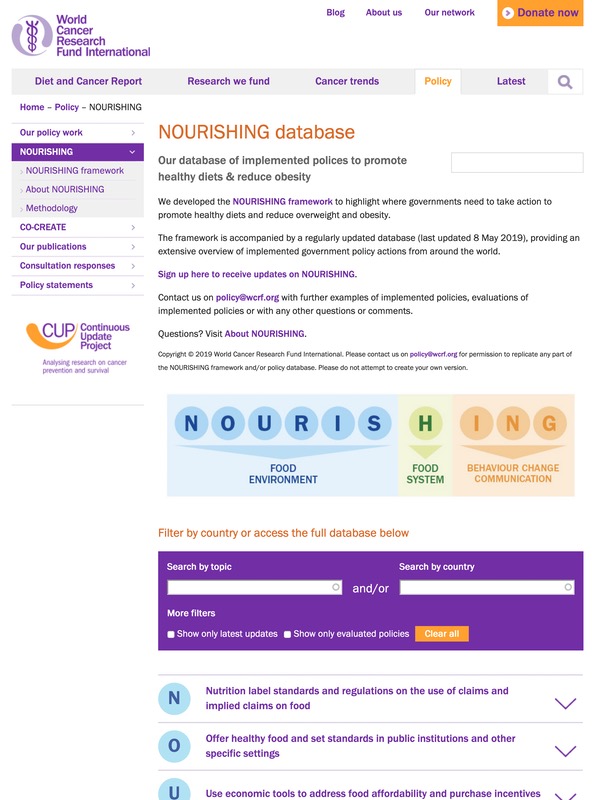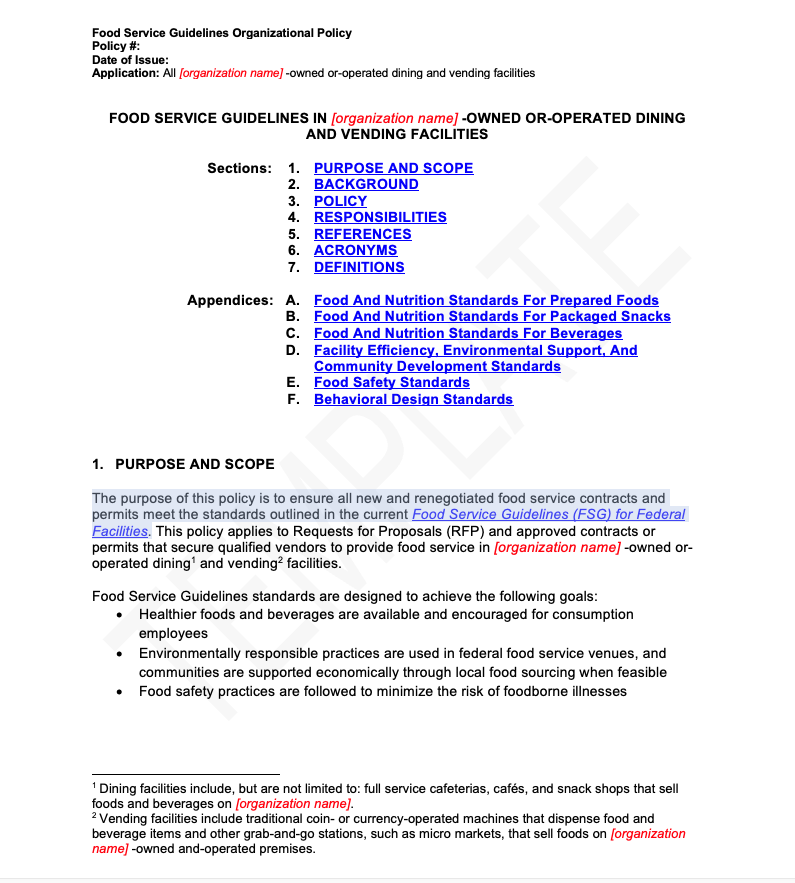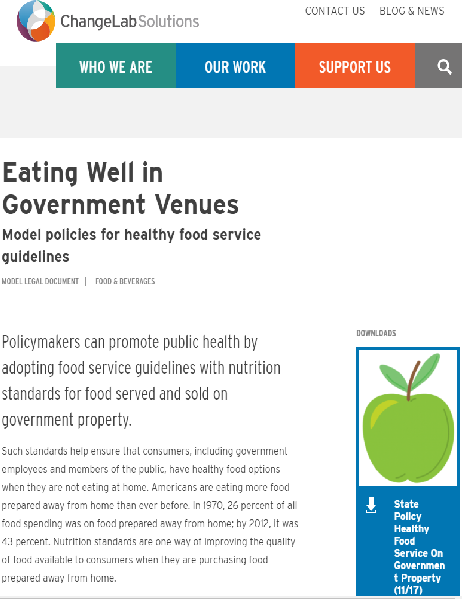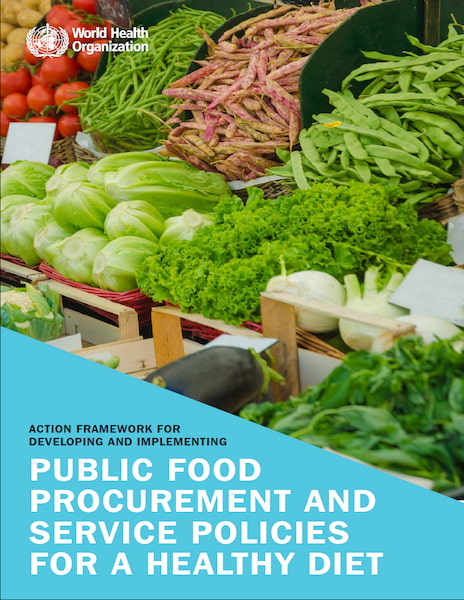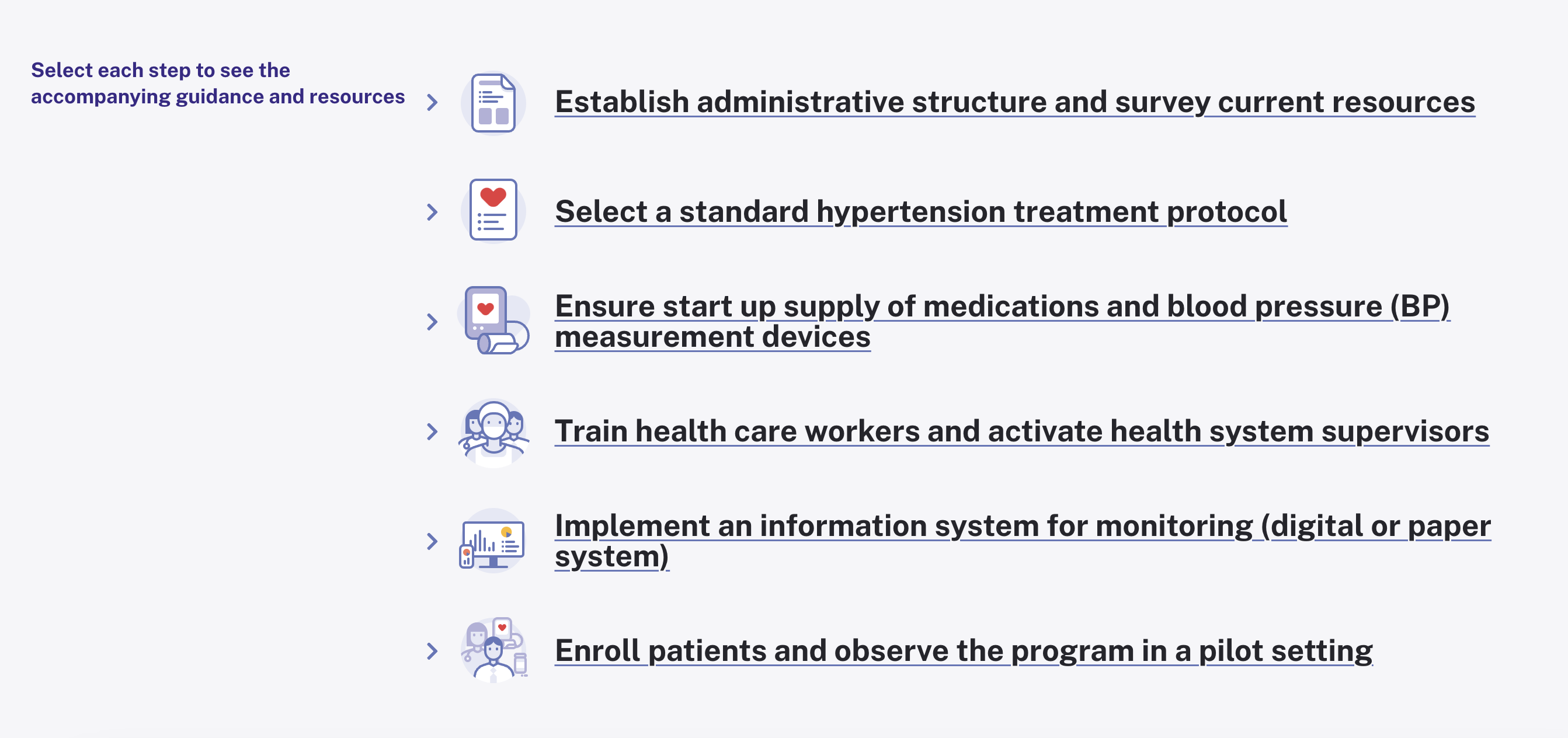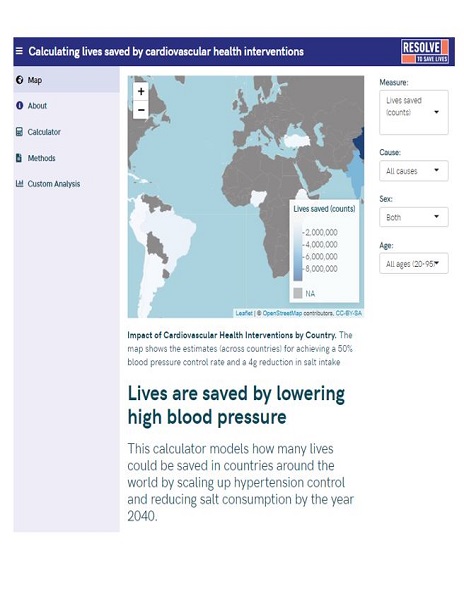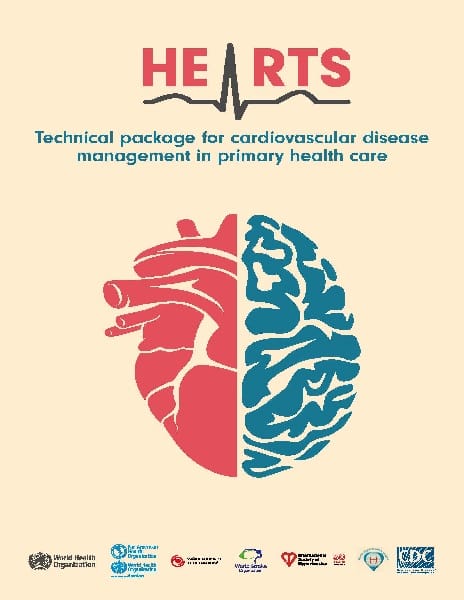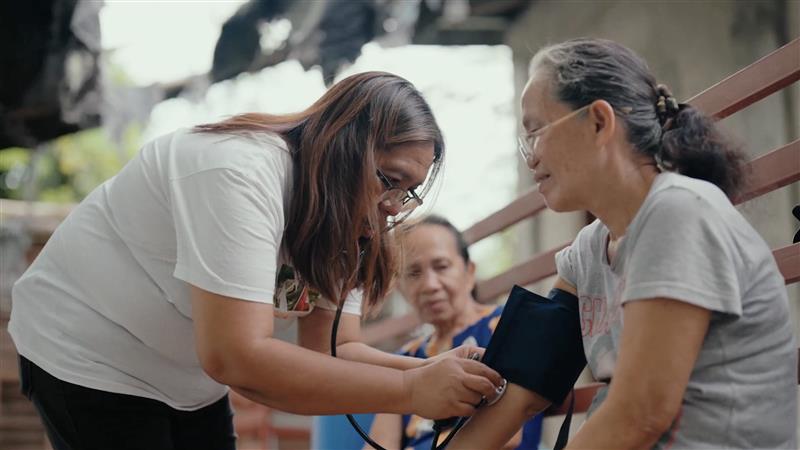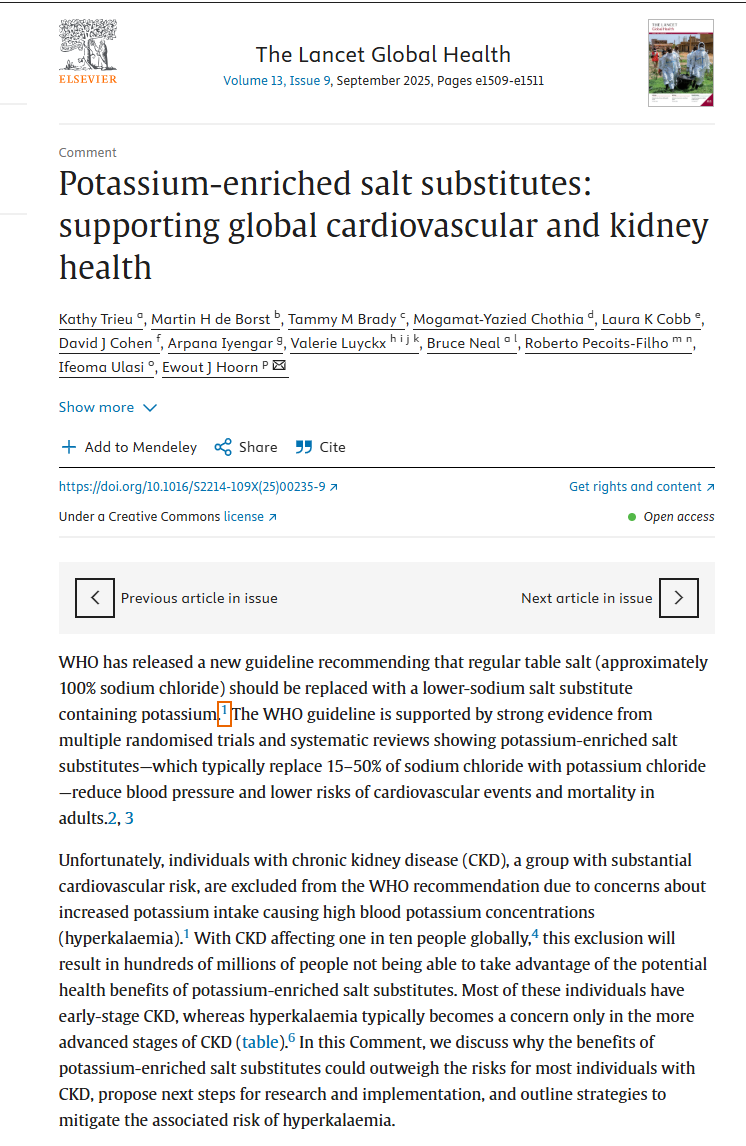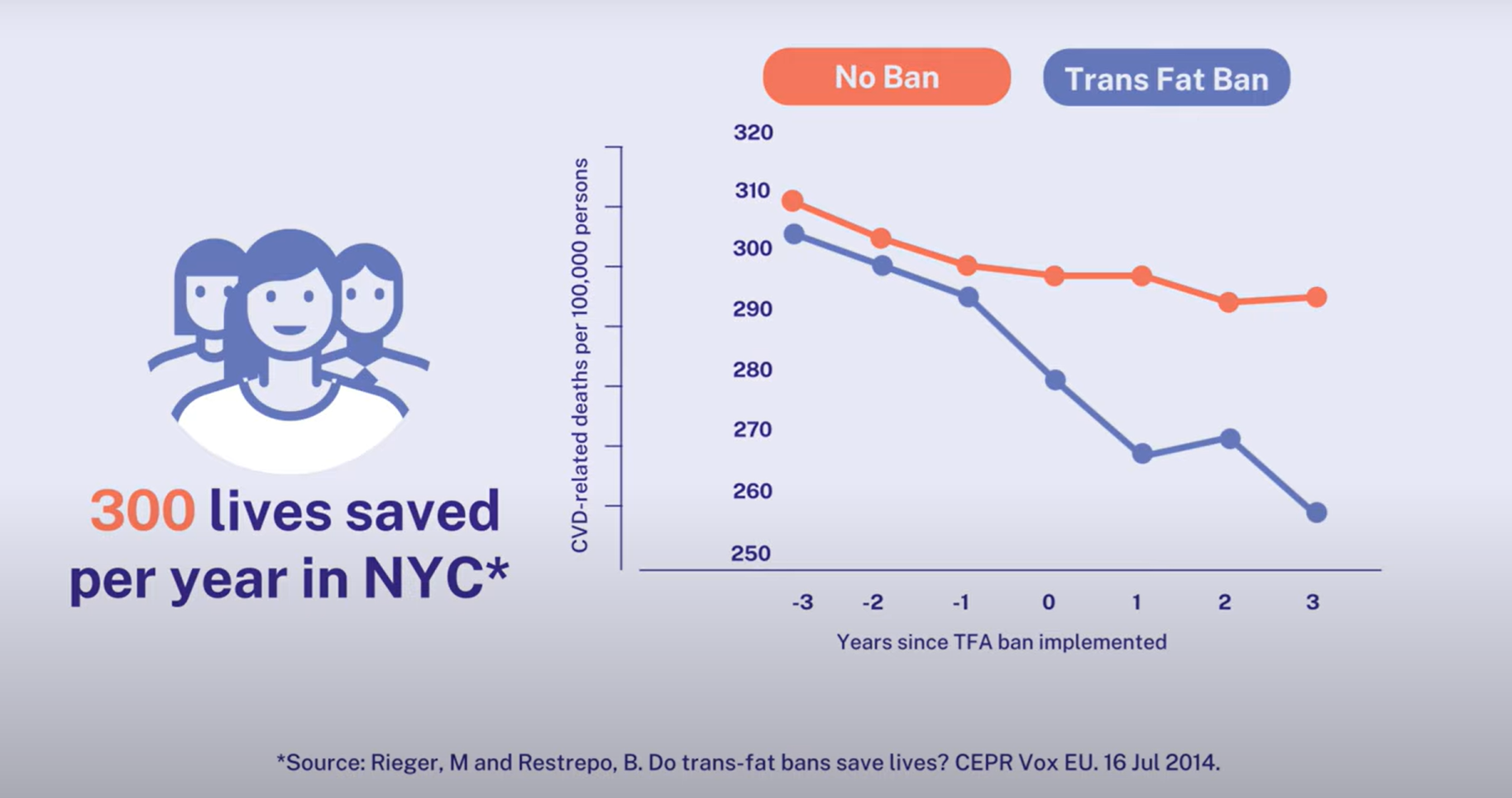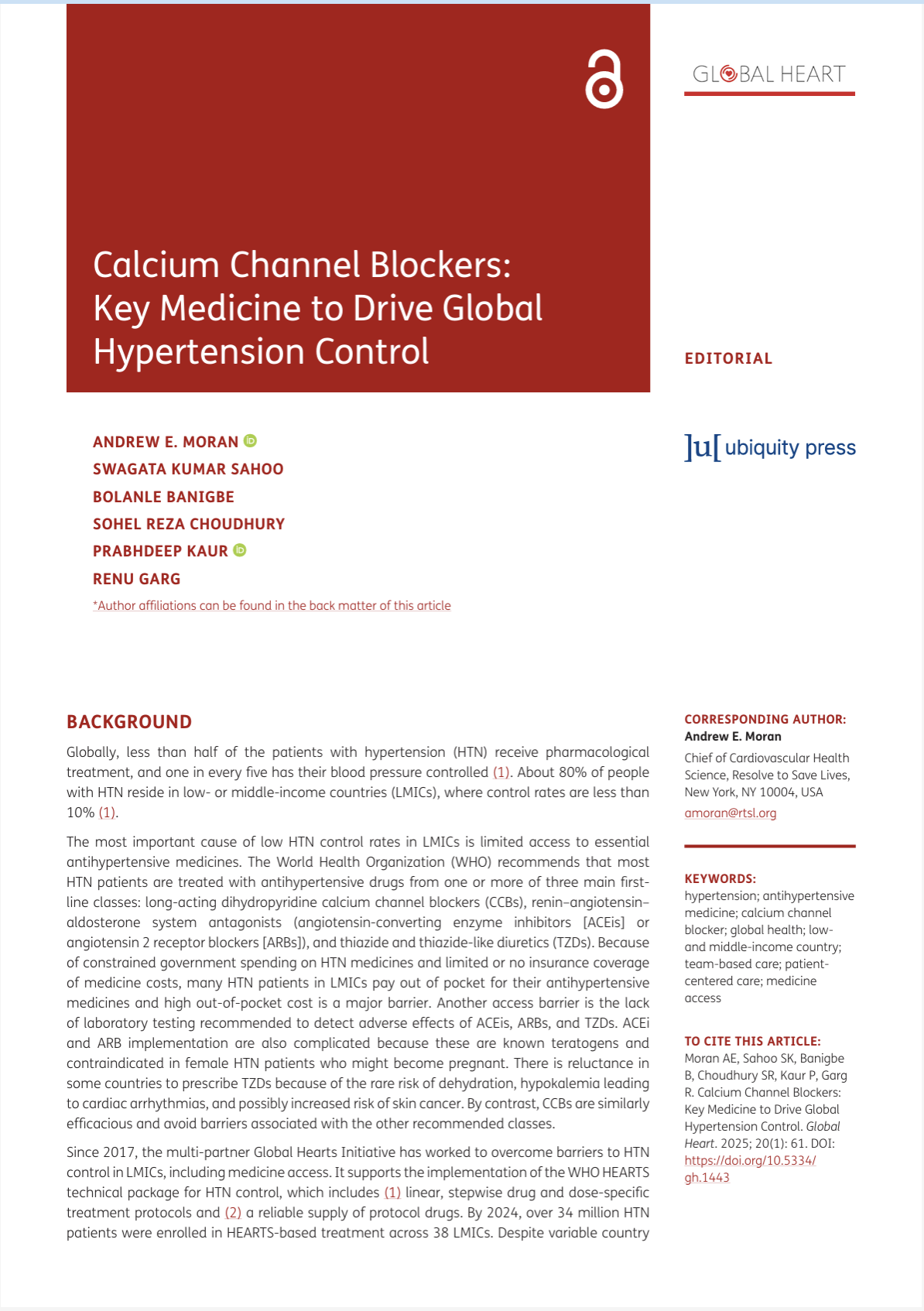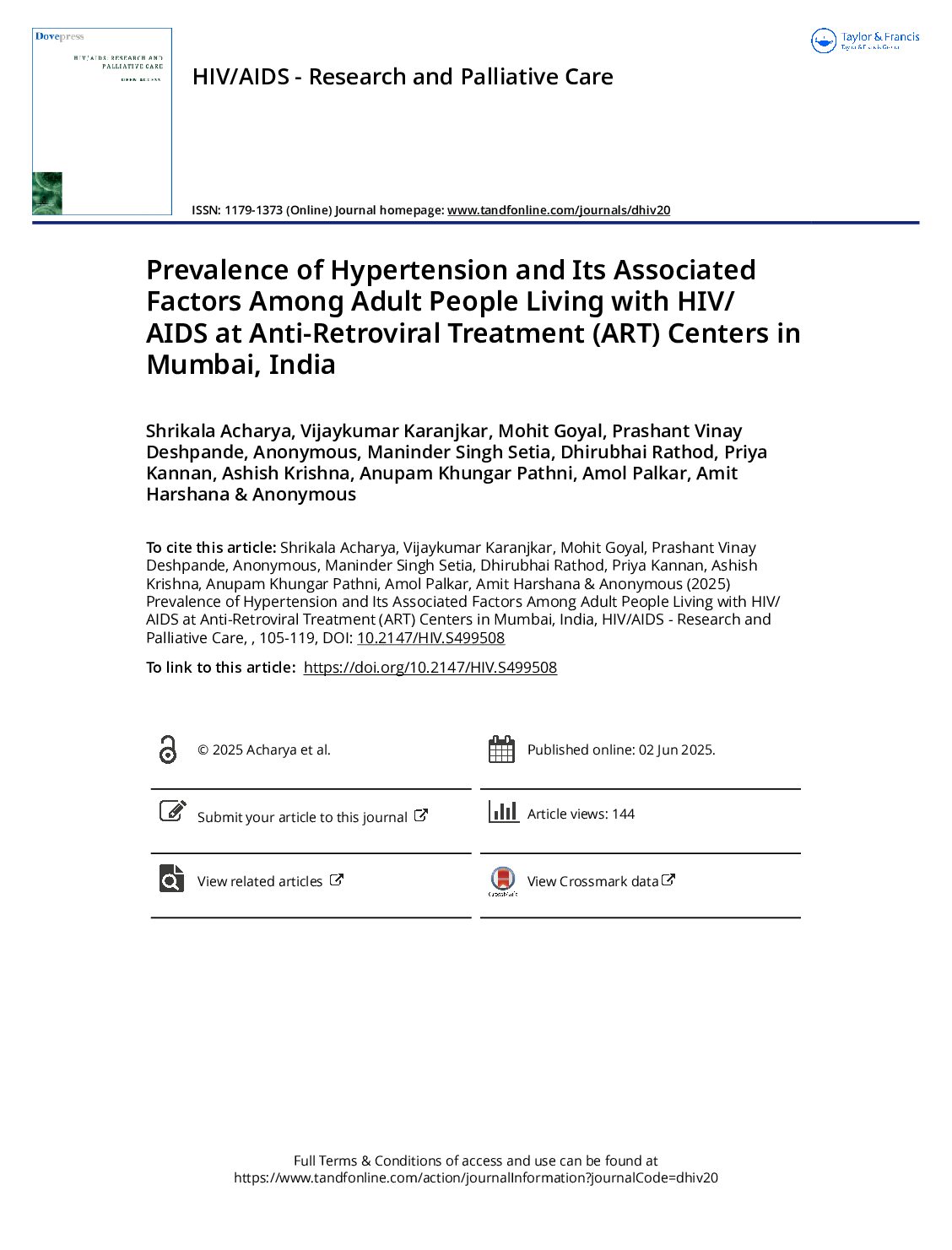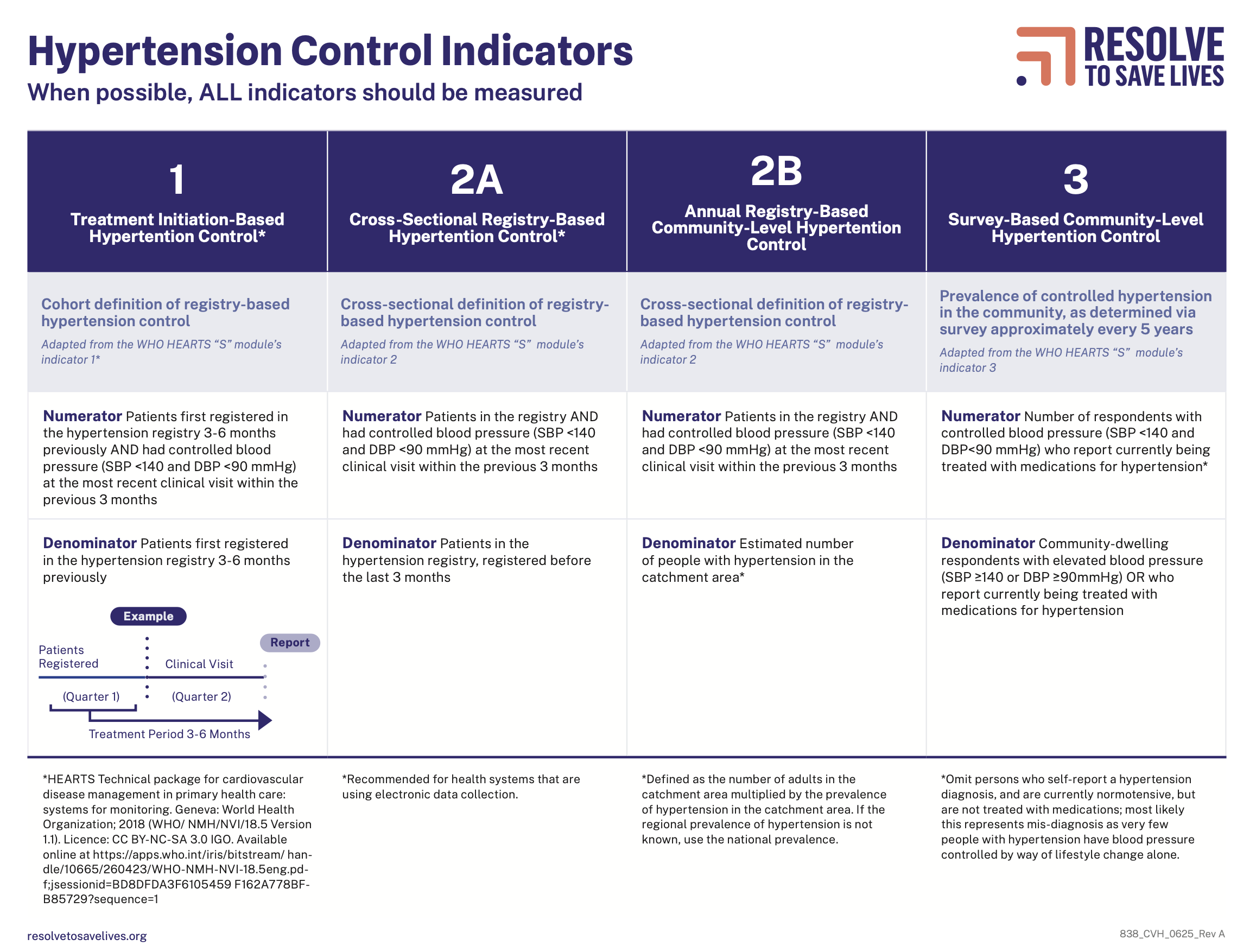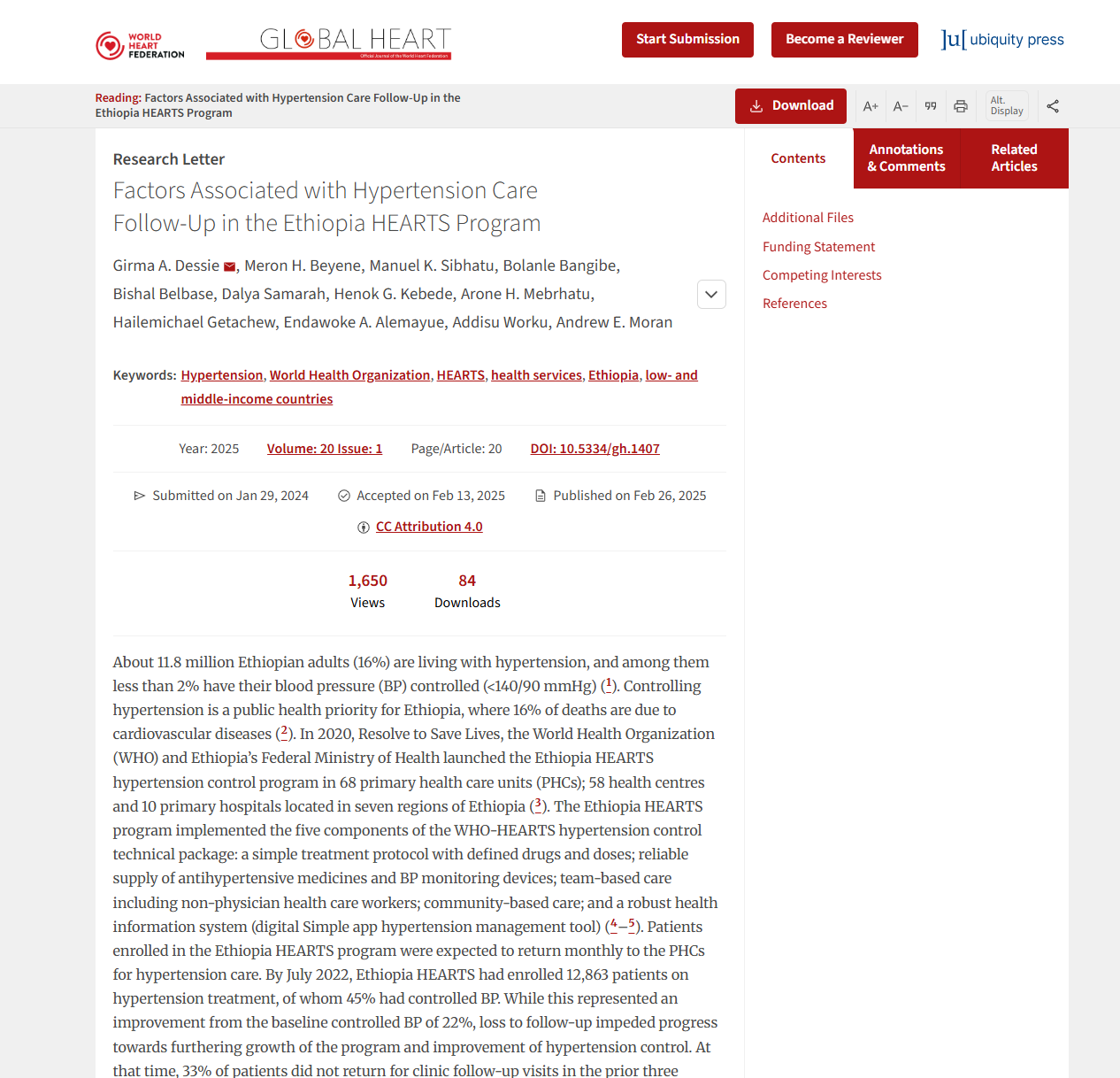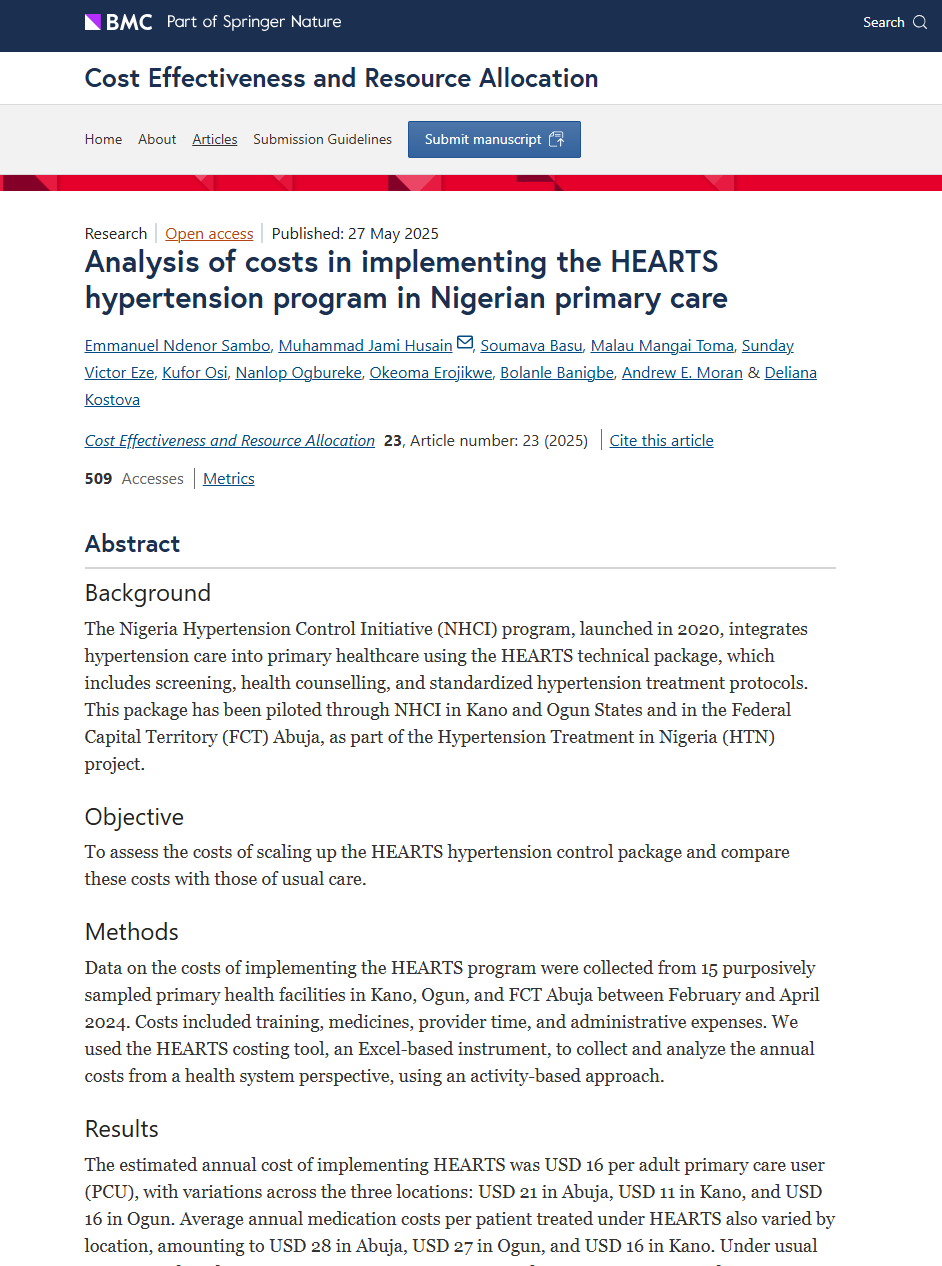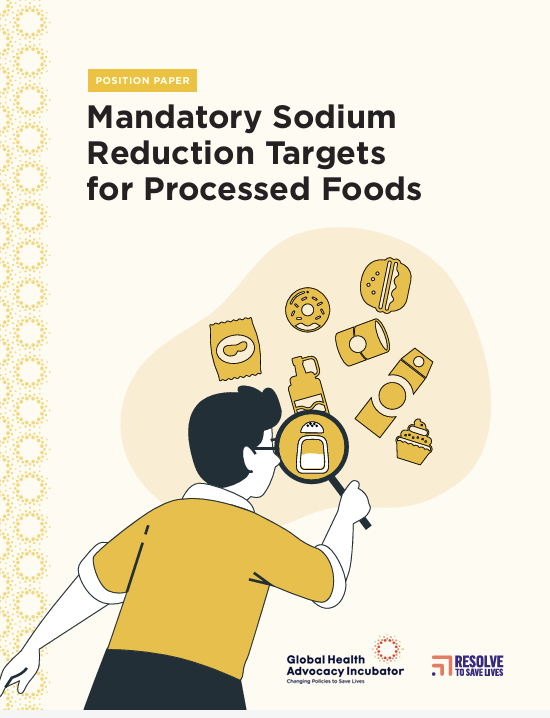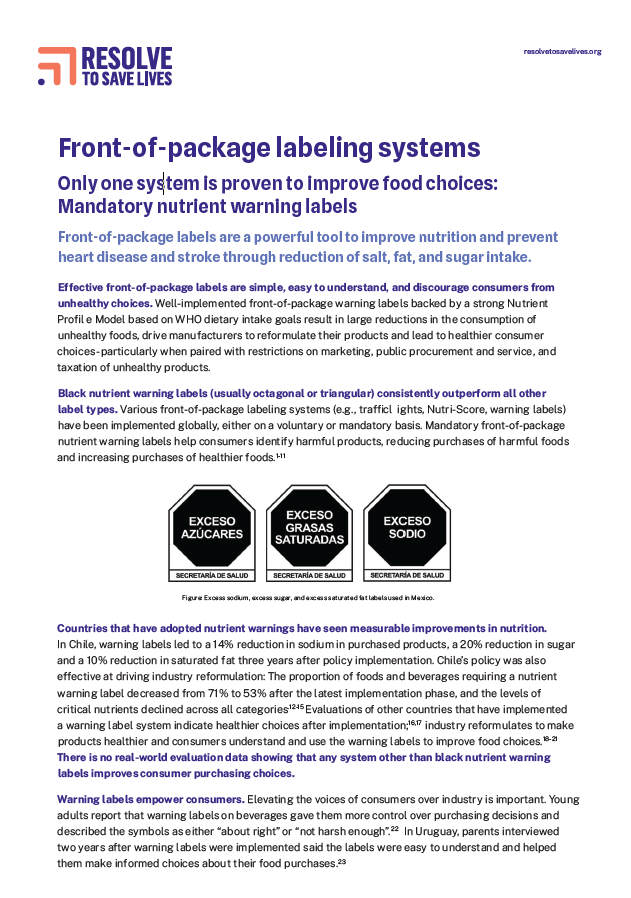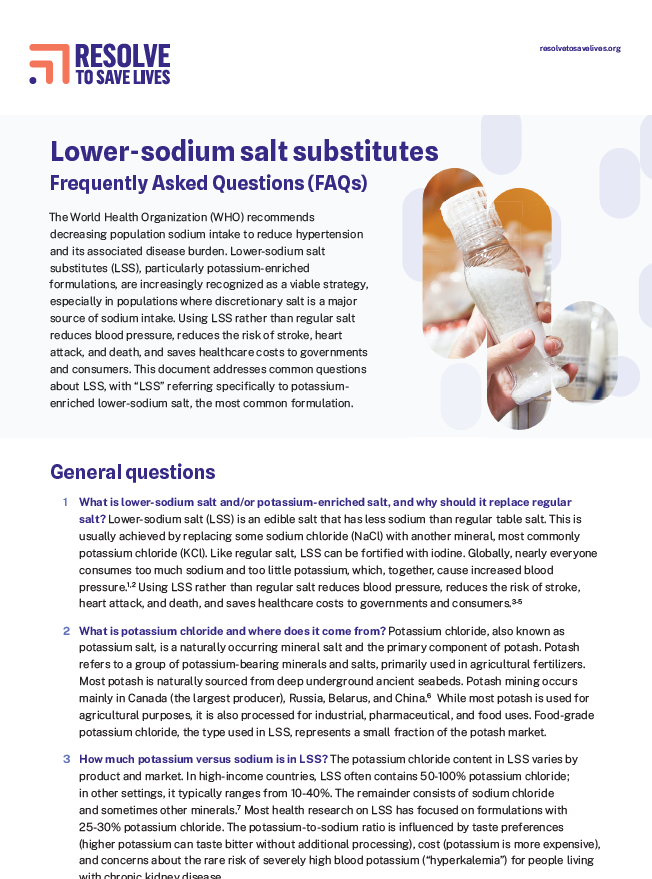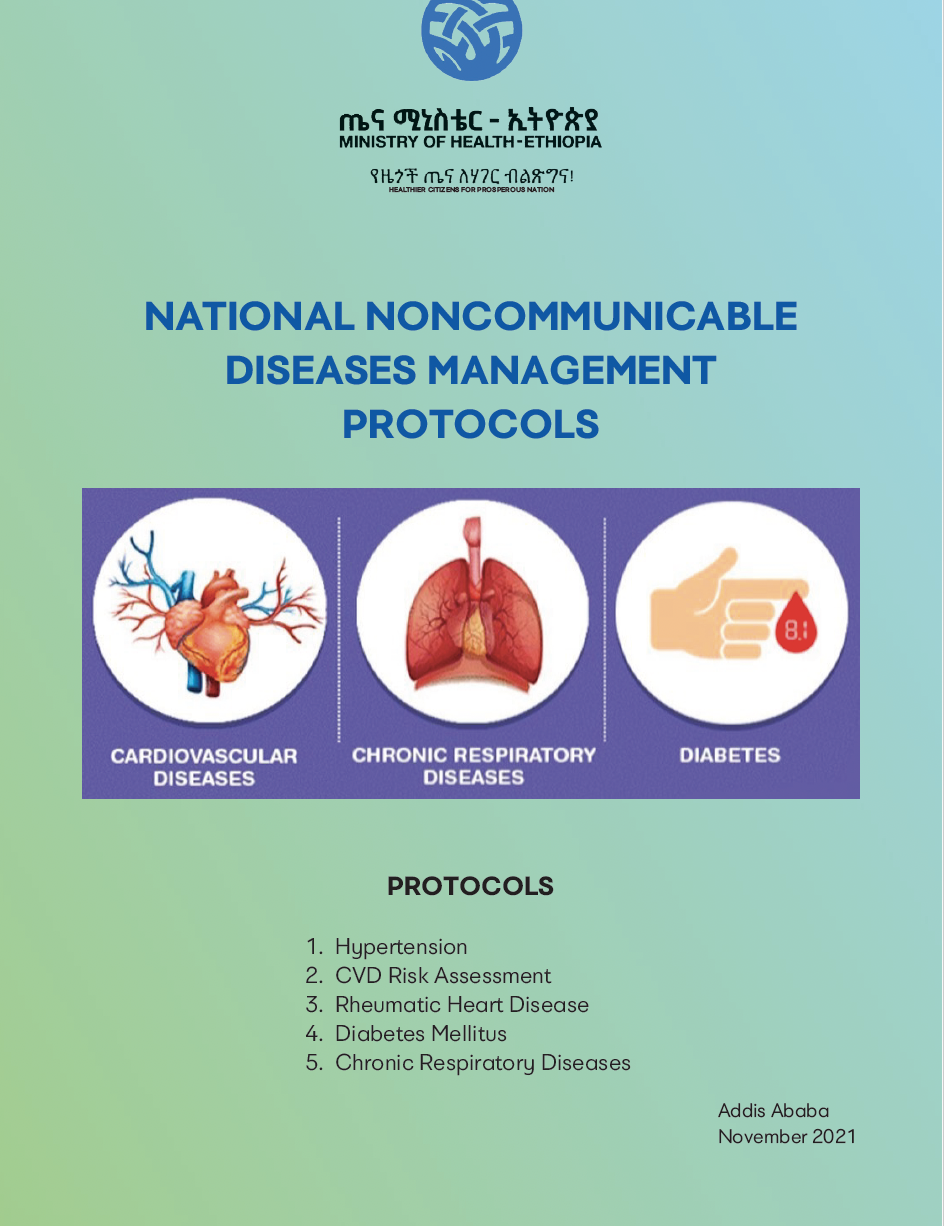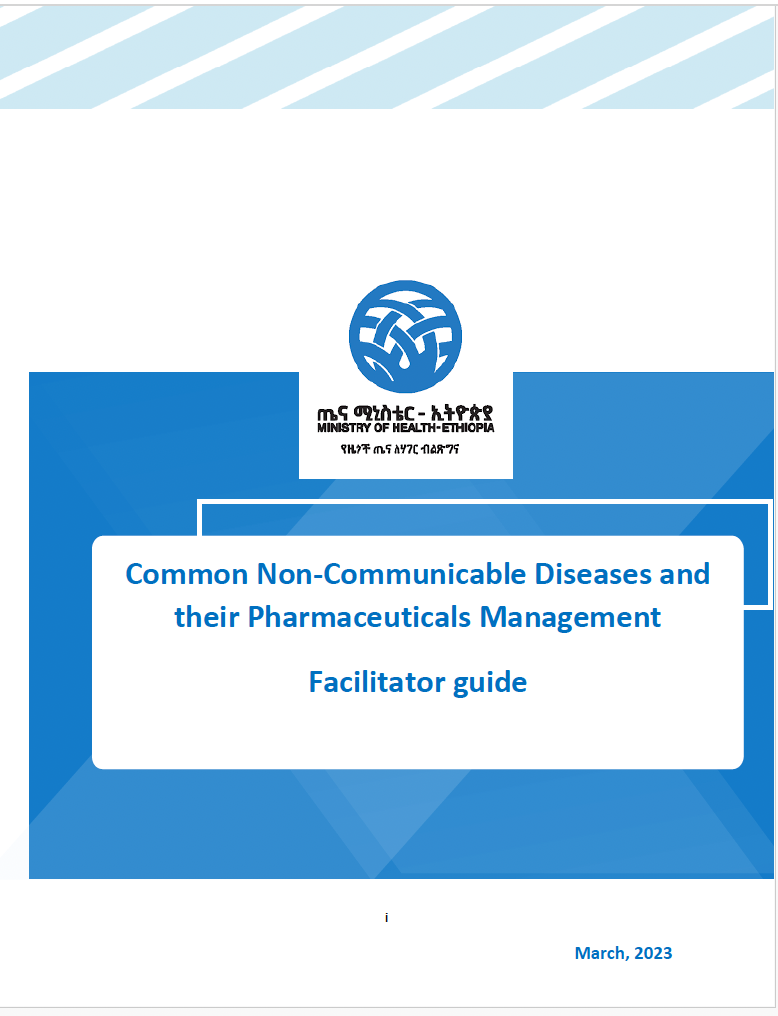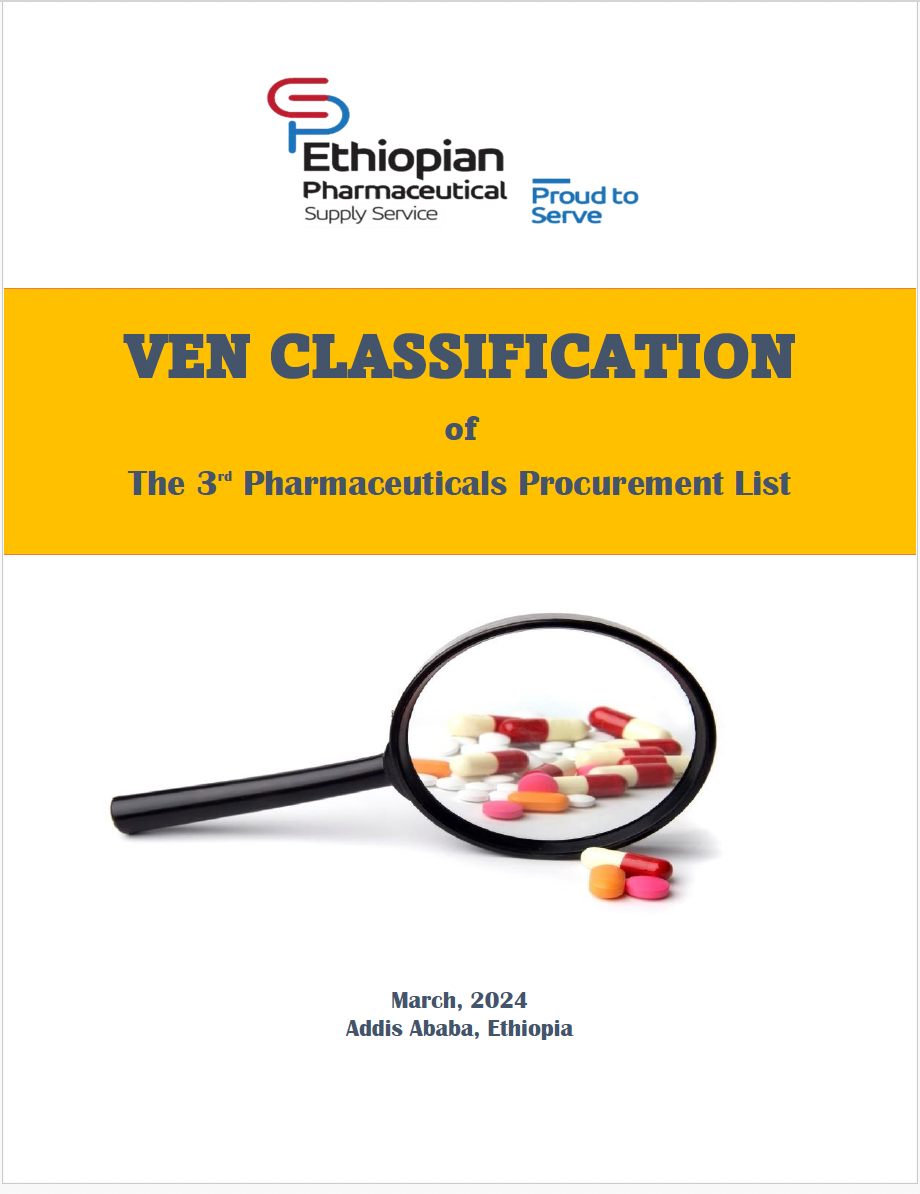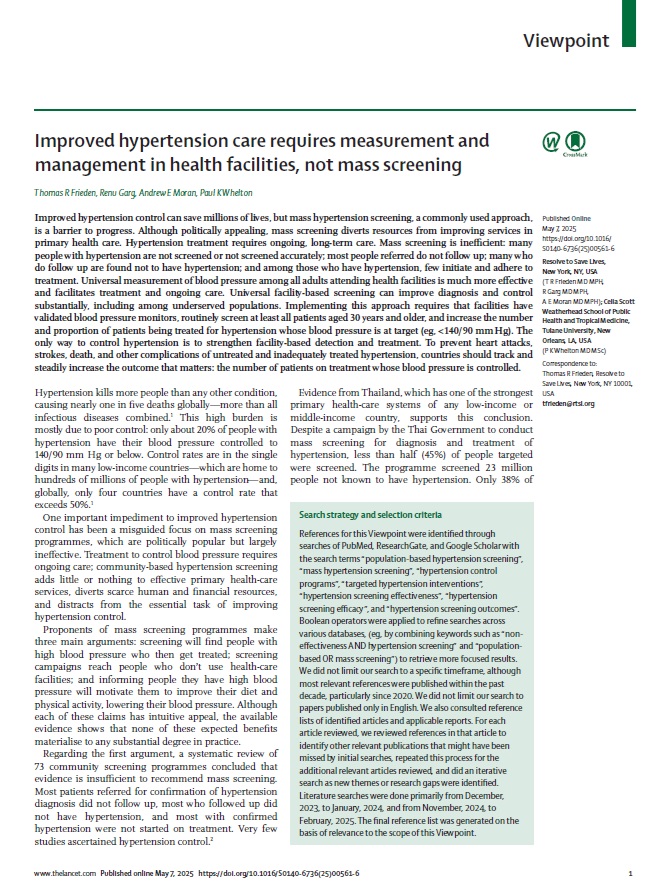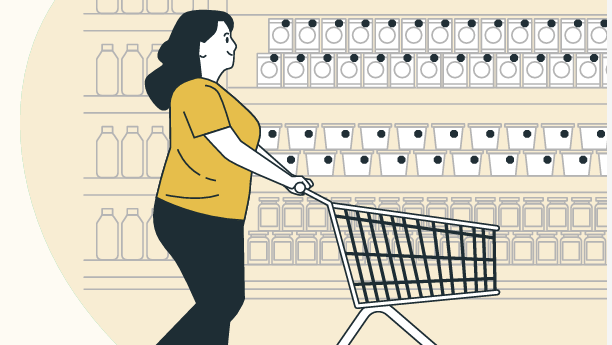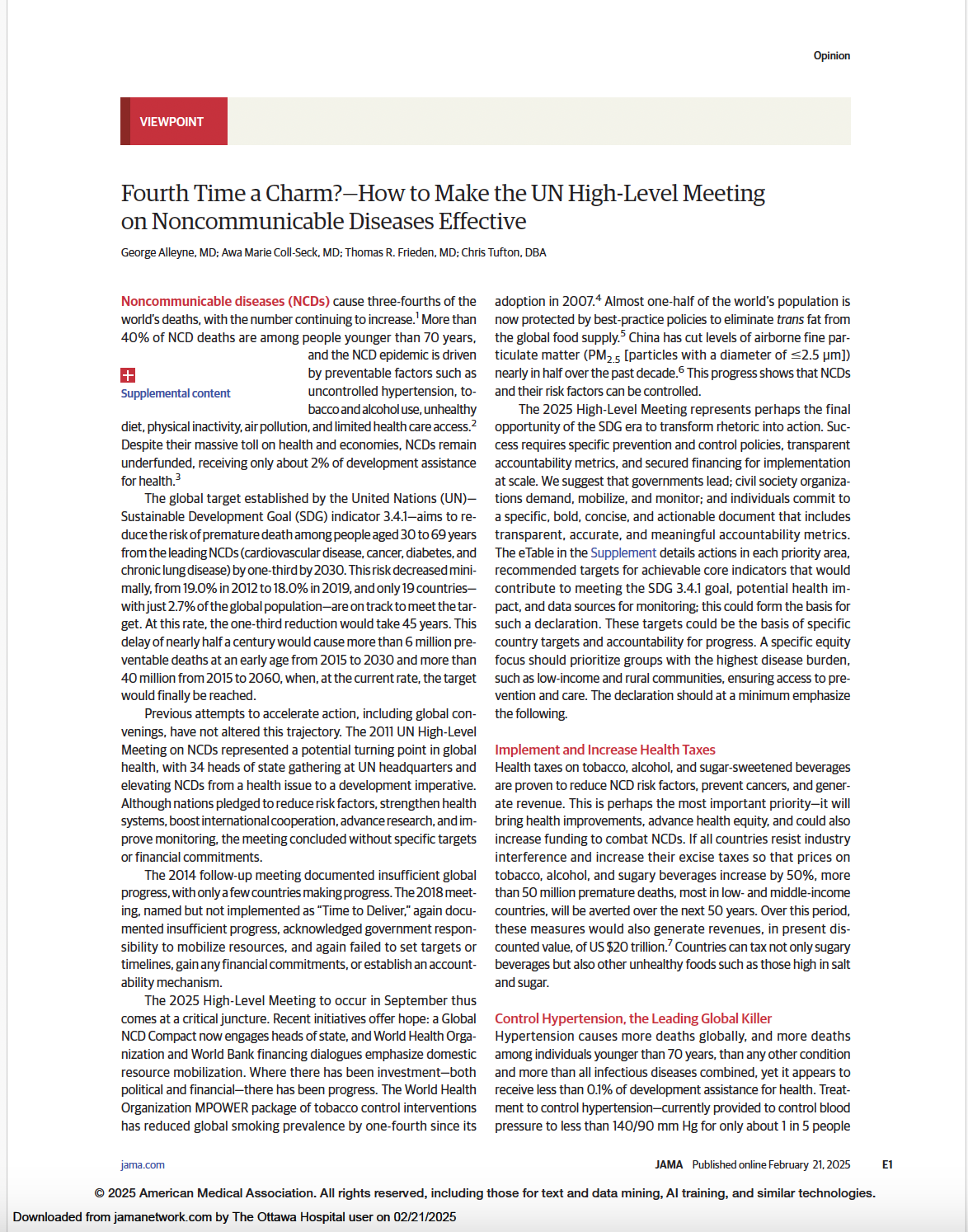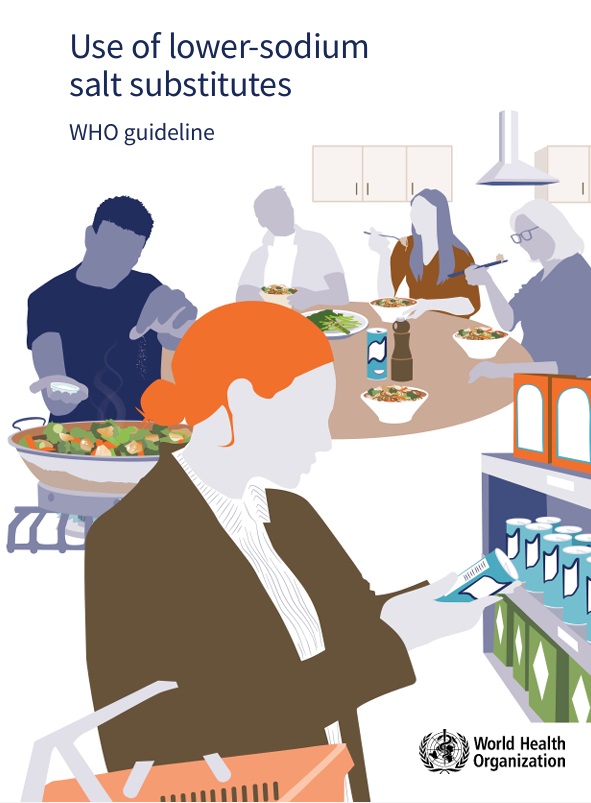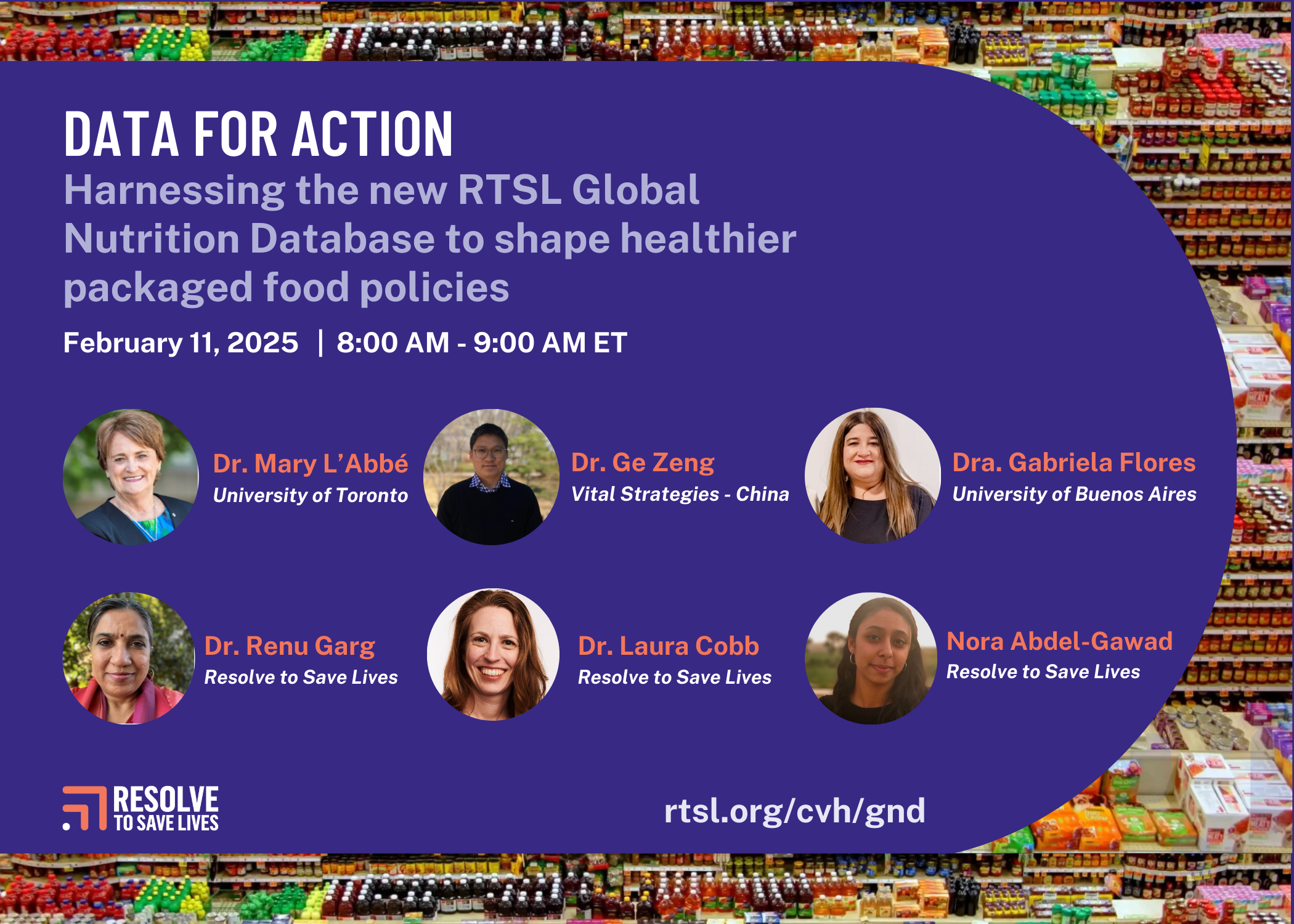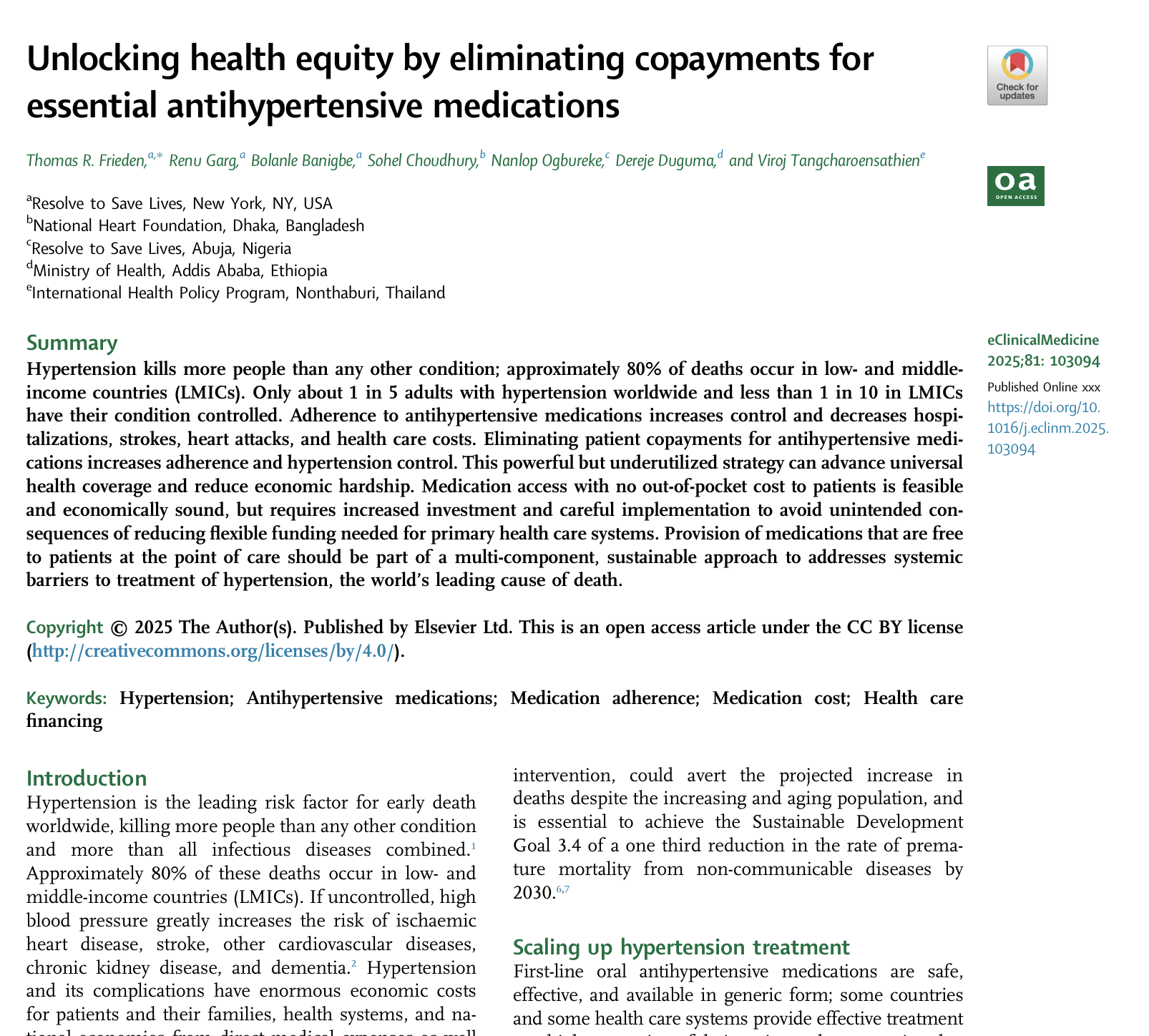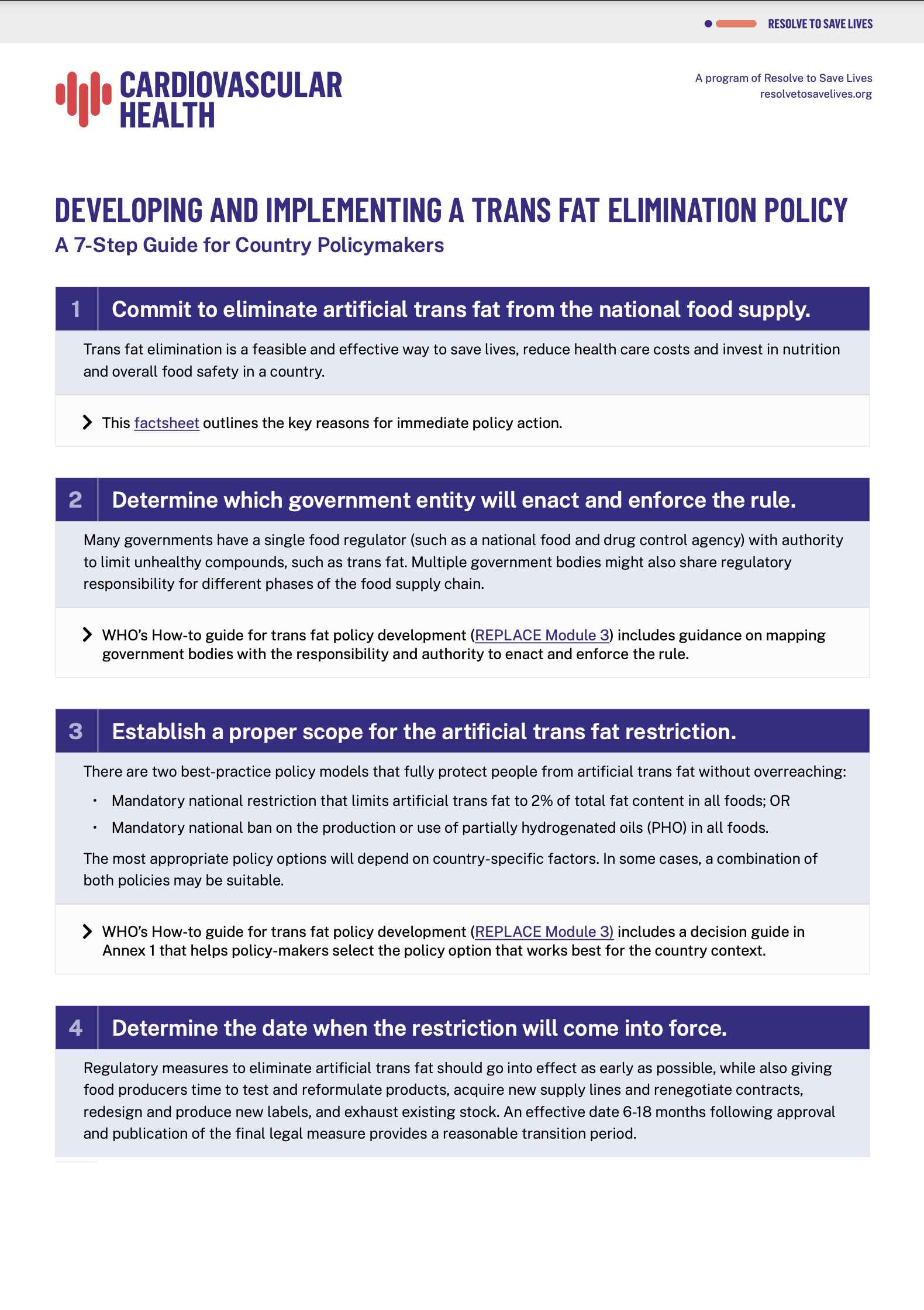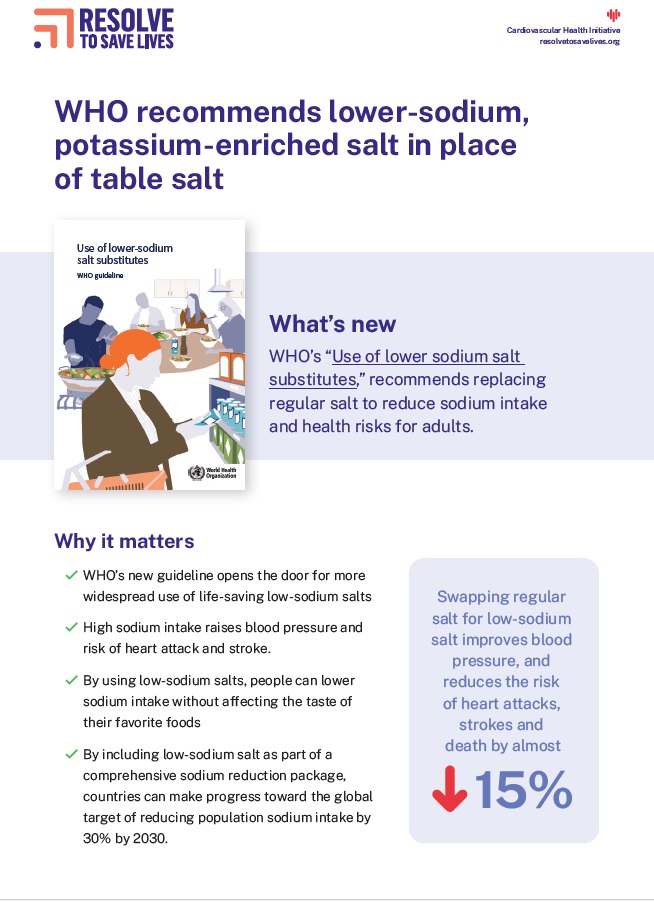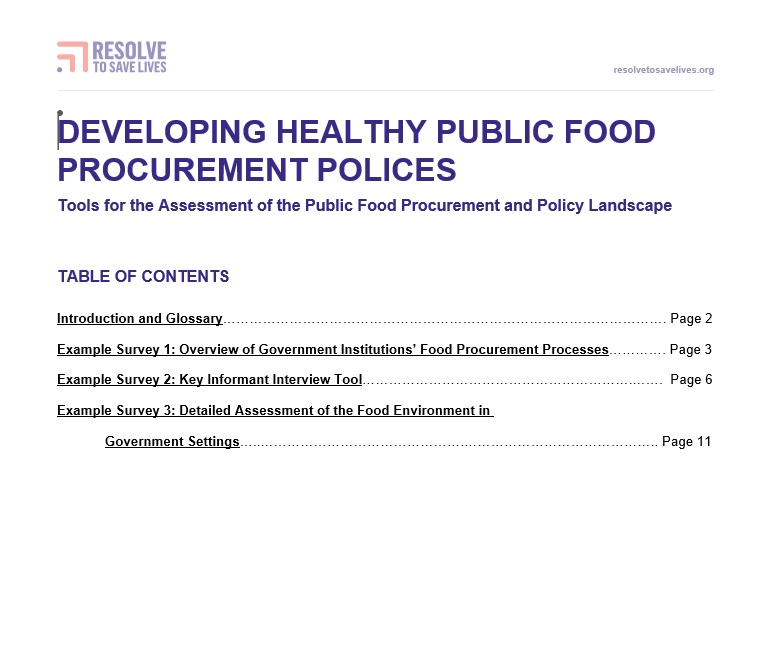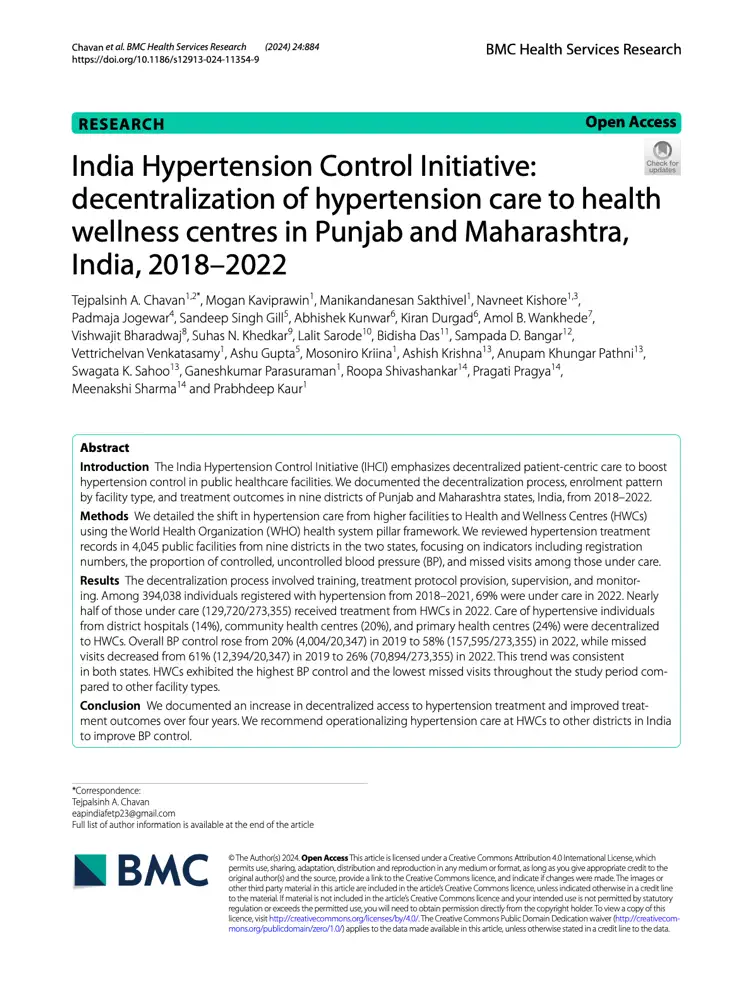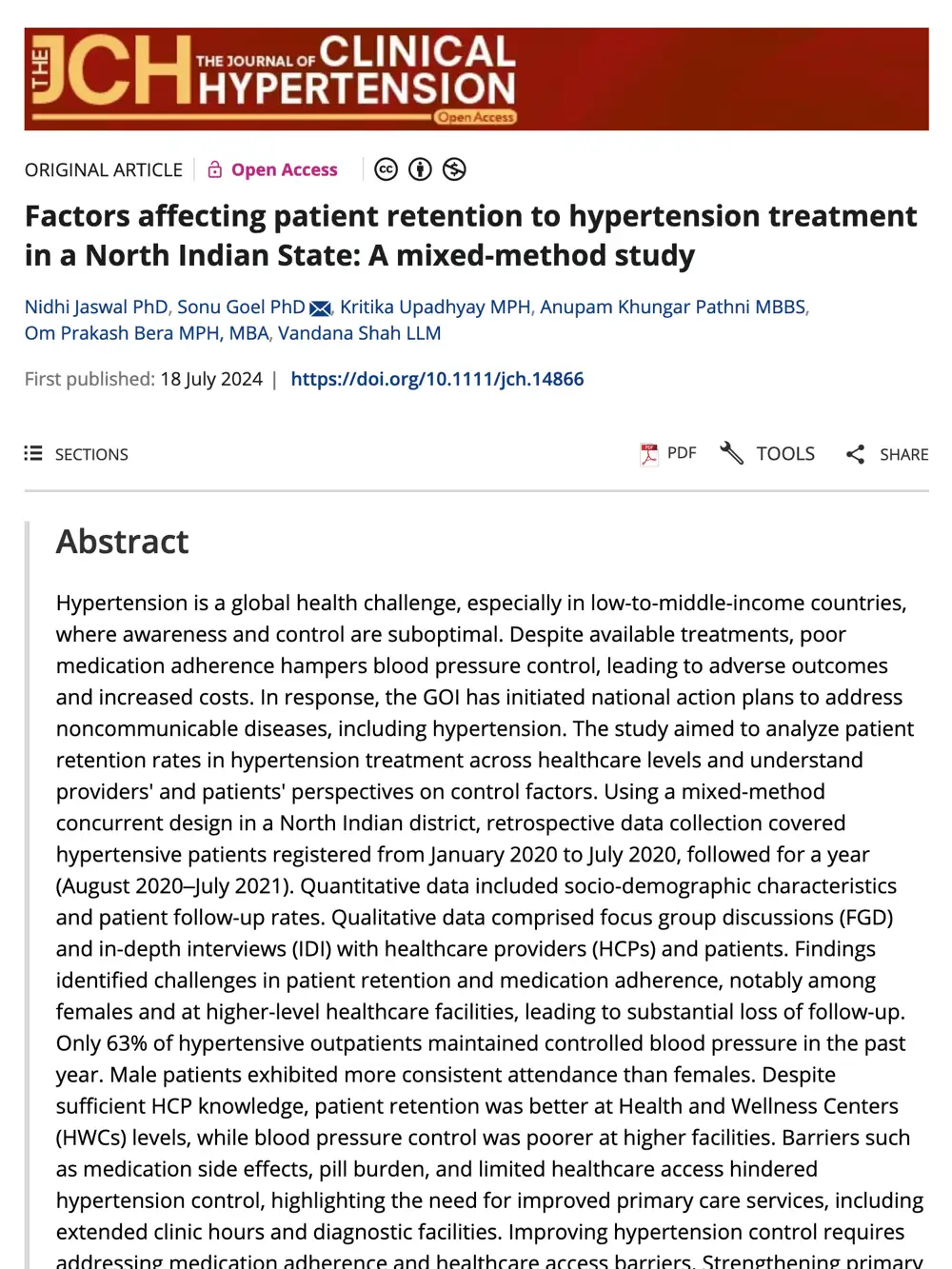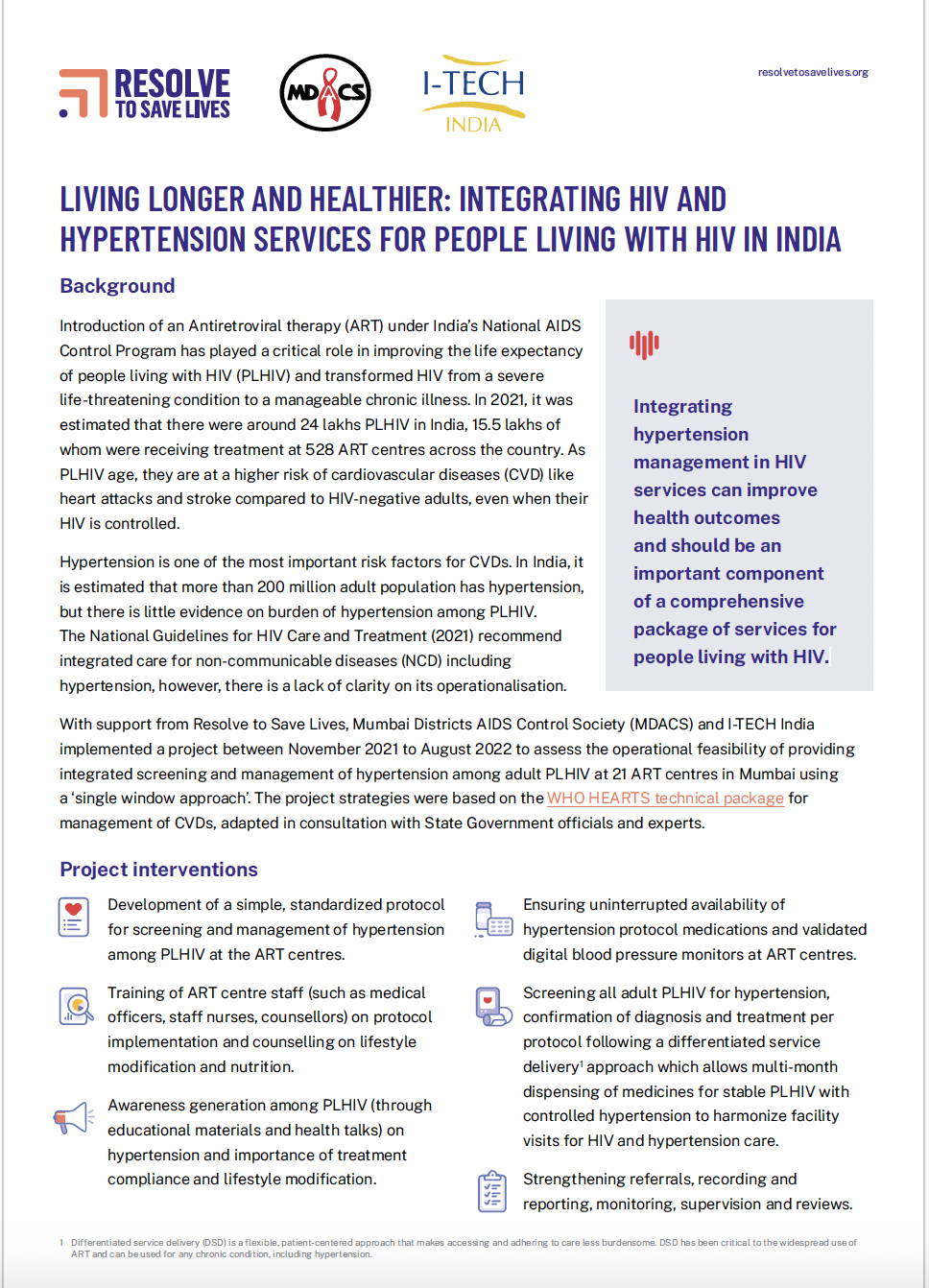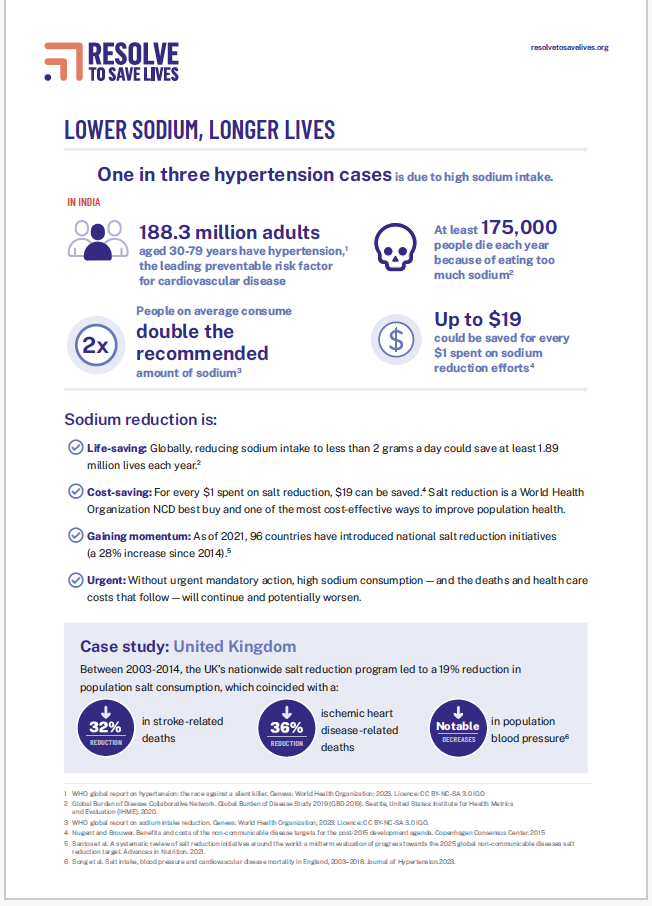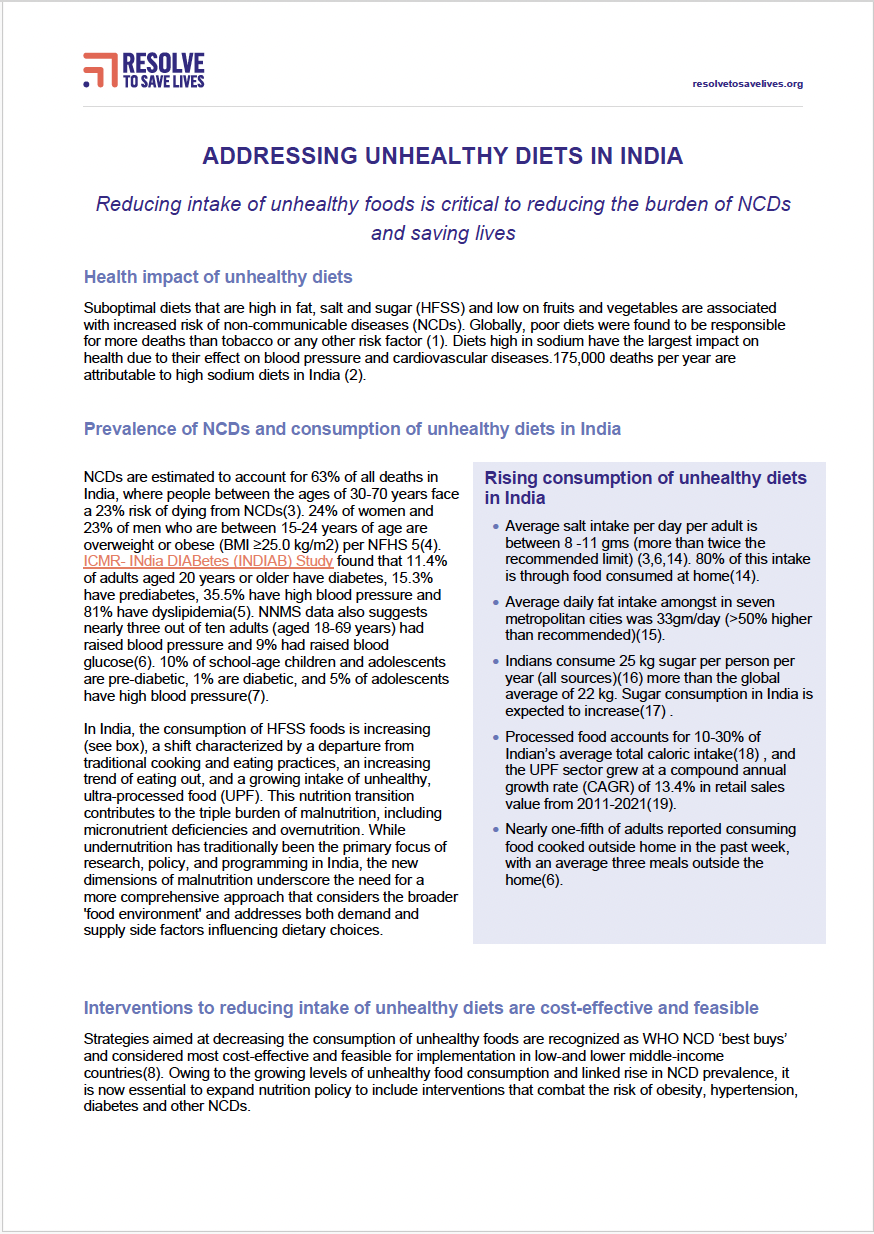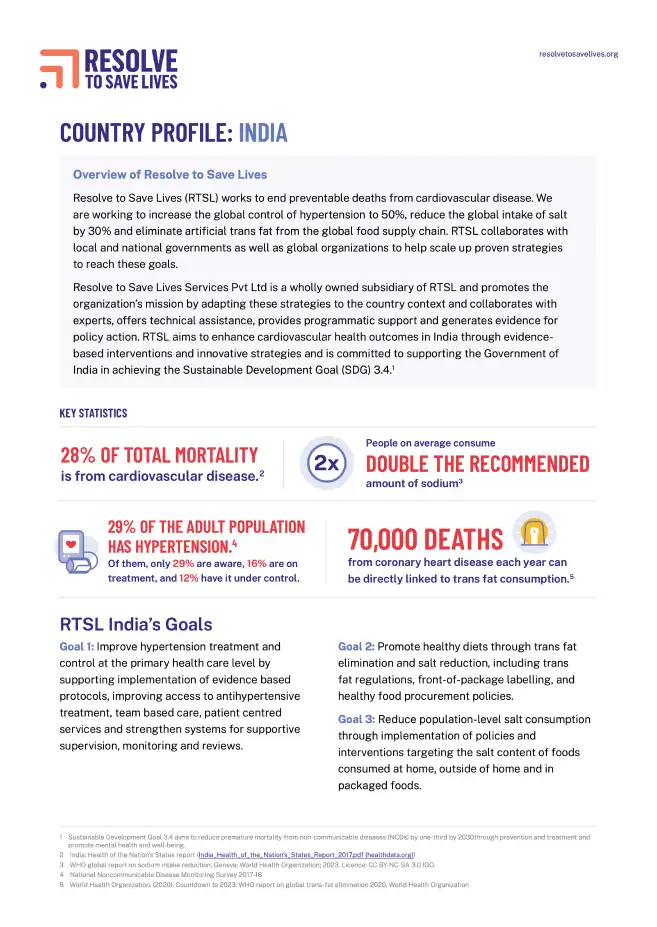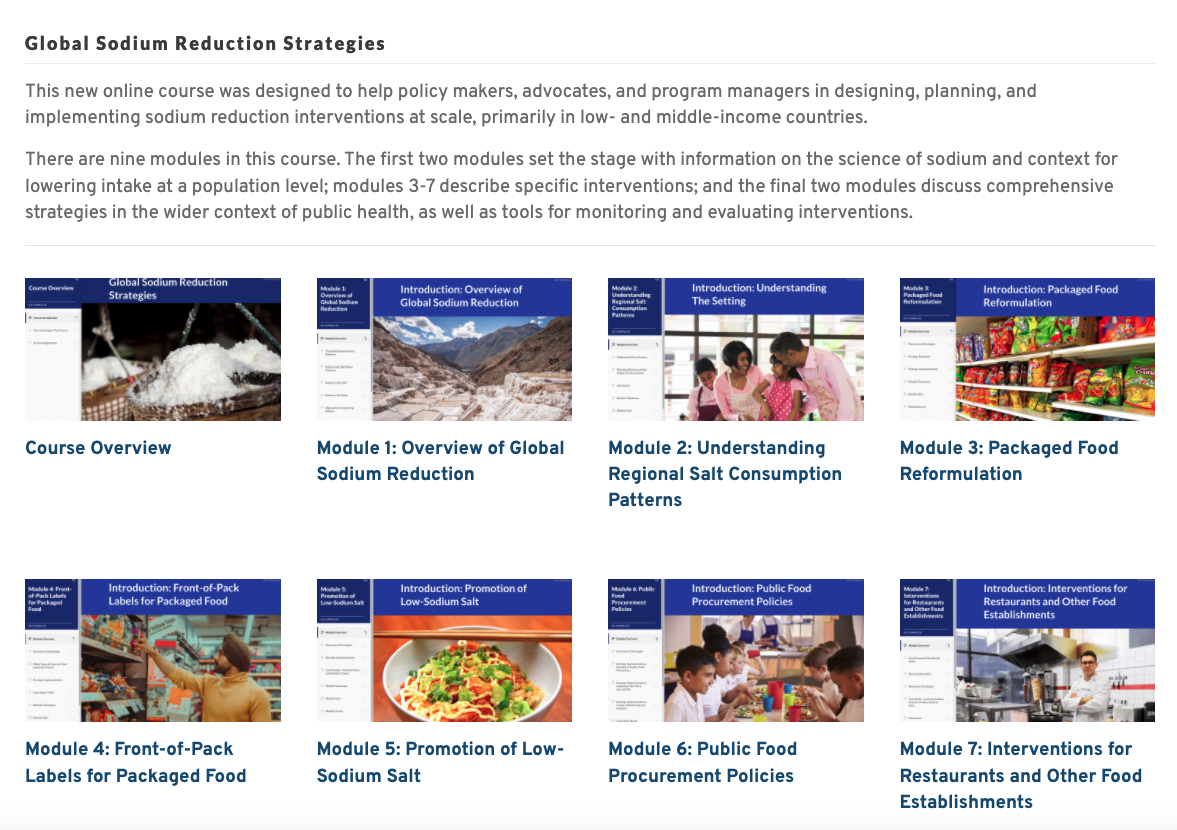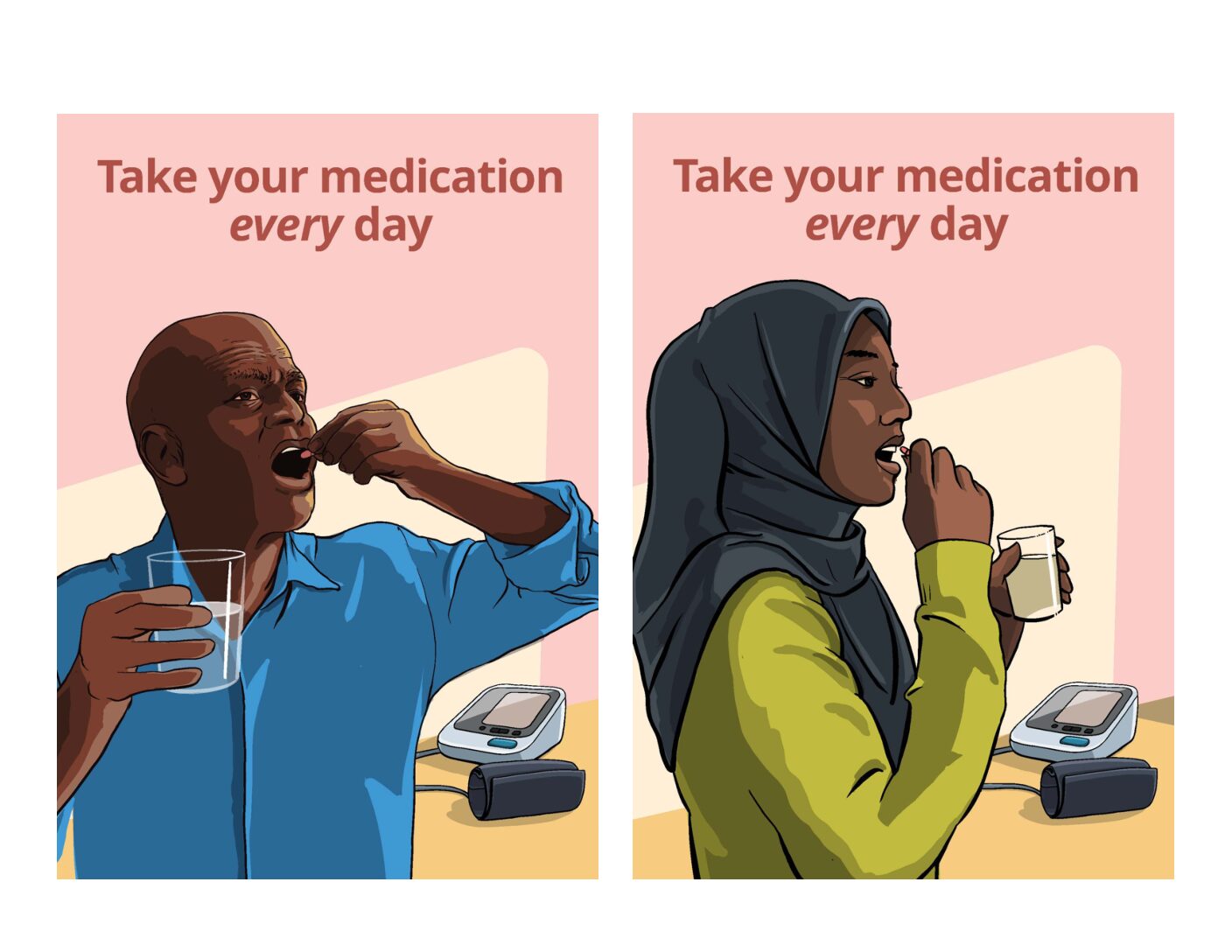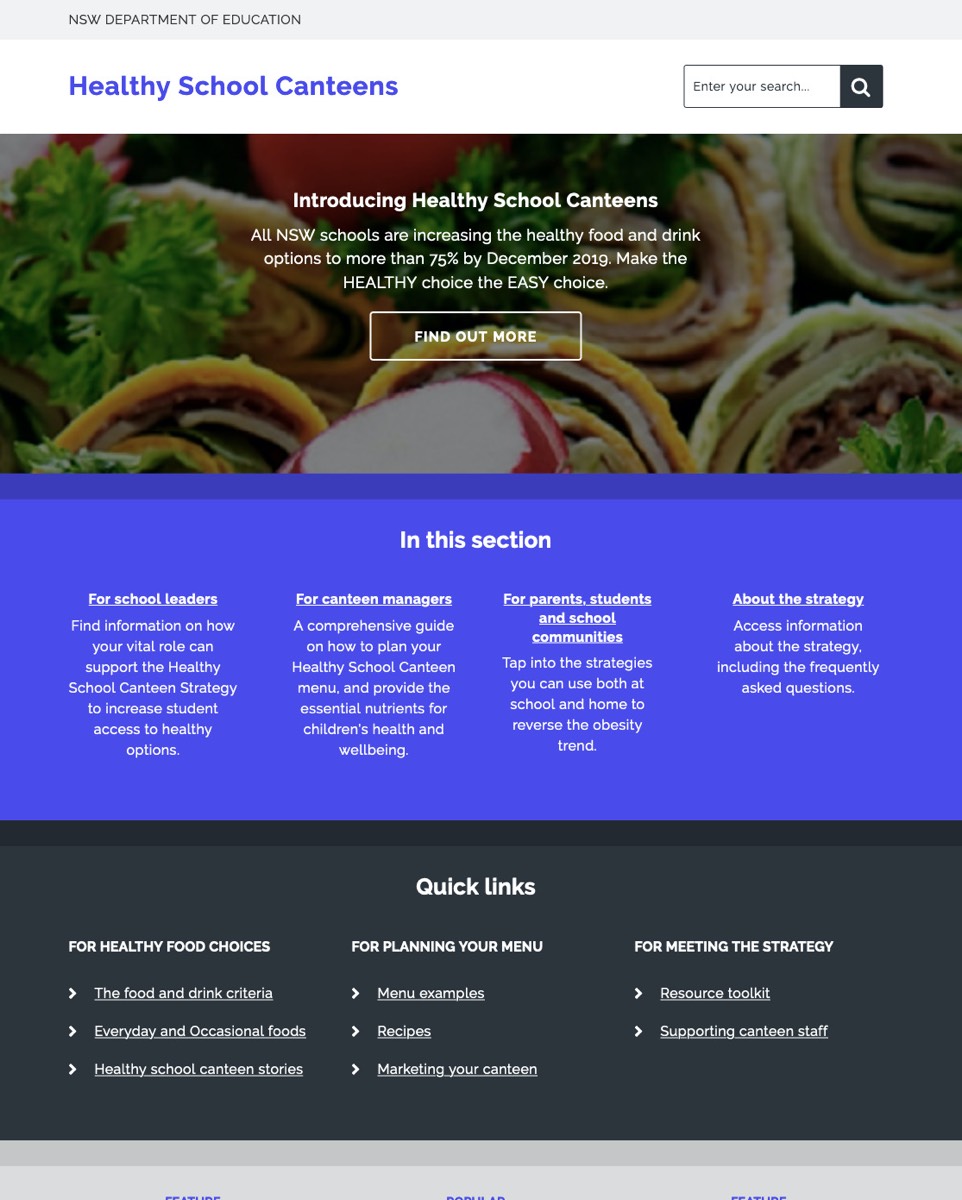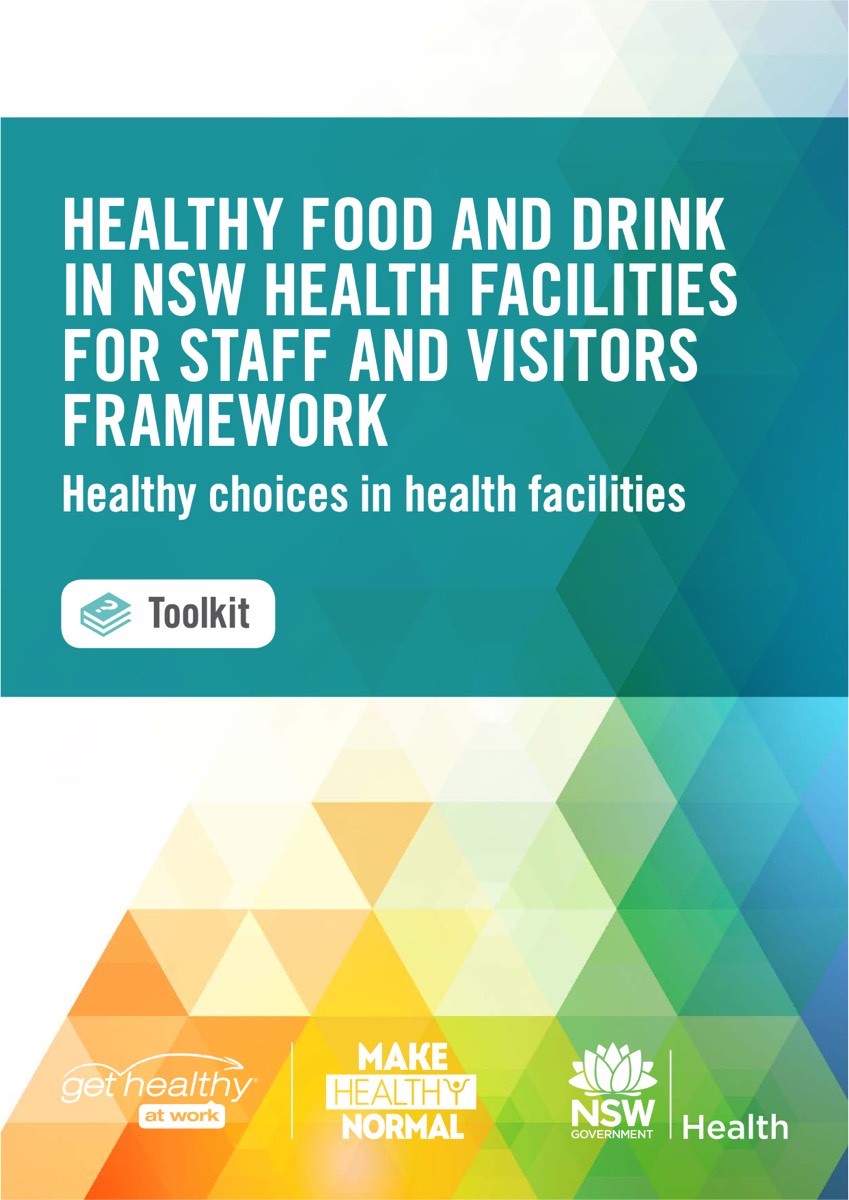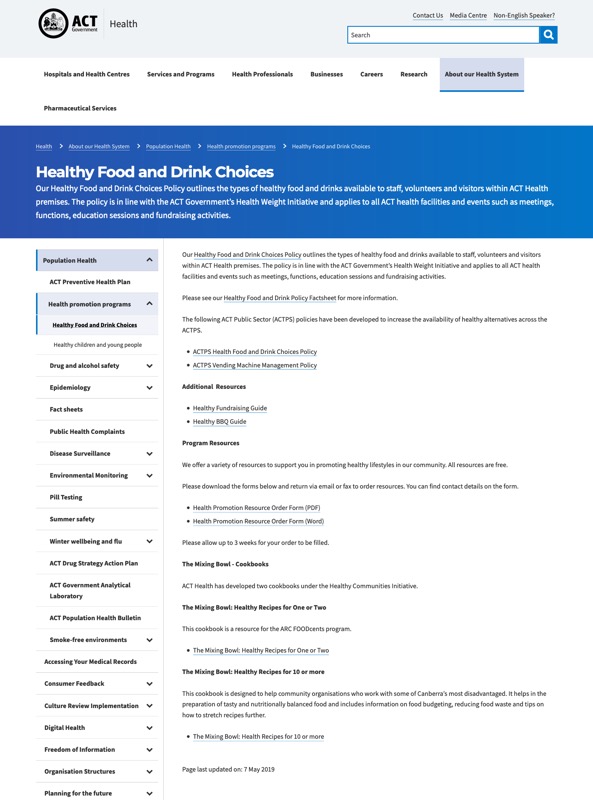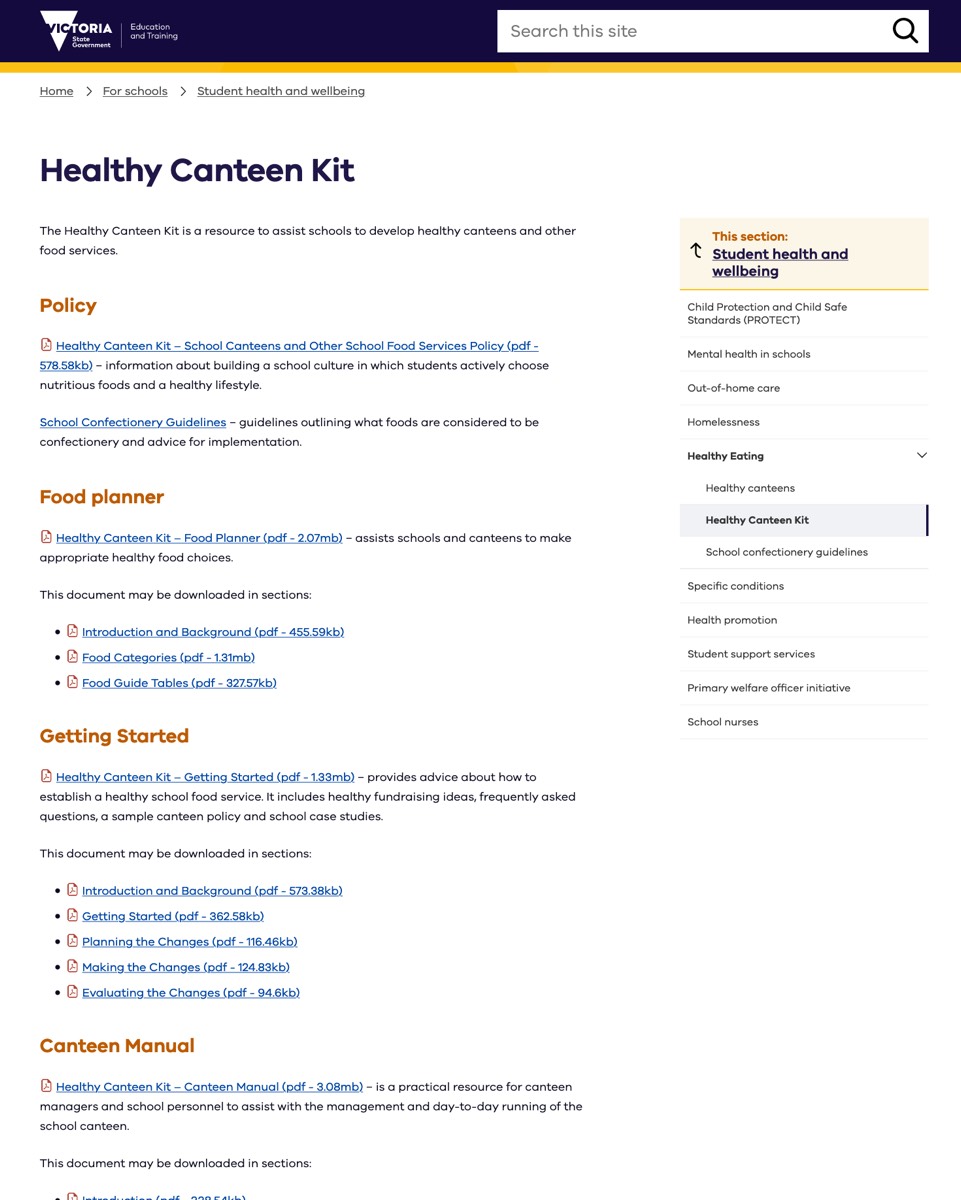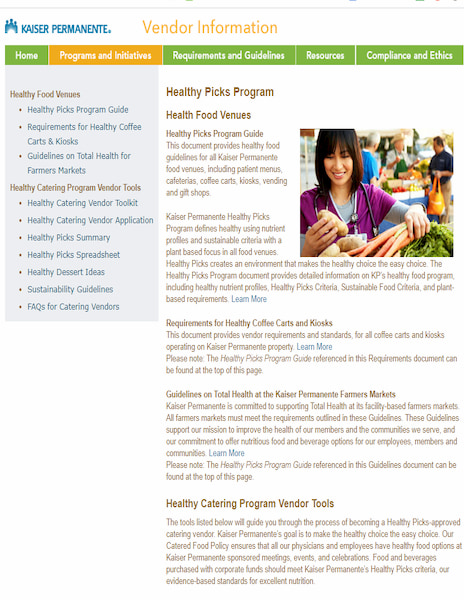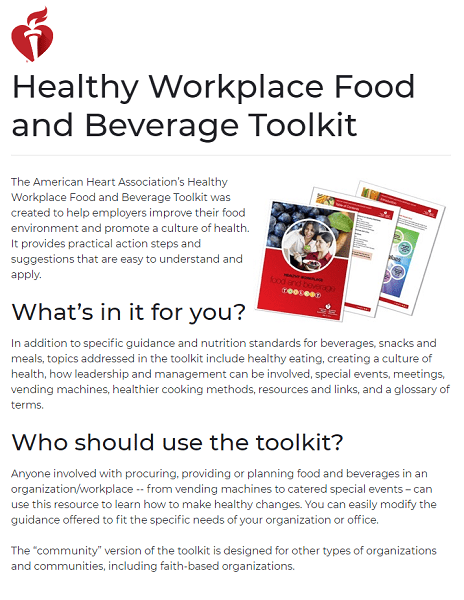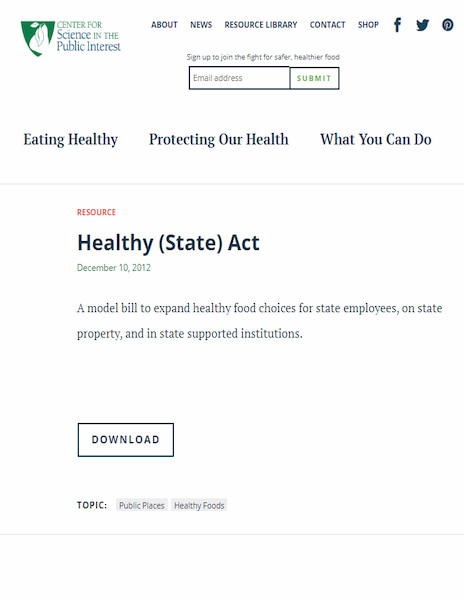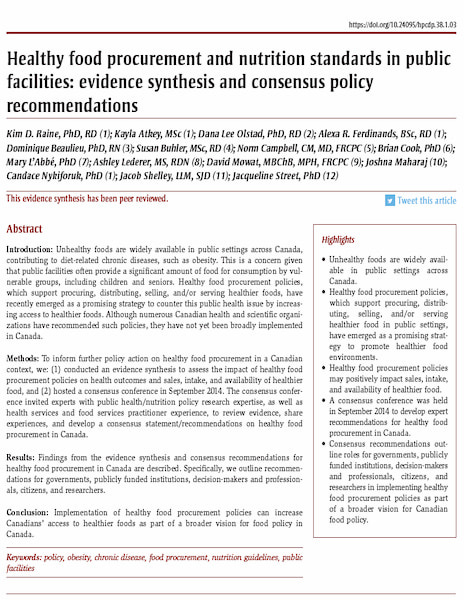Resource library: Blood pressure control and healthier food
Find technical guidance, advocacy tools and more for improving heart health at scale, including blood pressure control and nutrition policy.
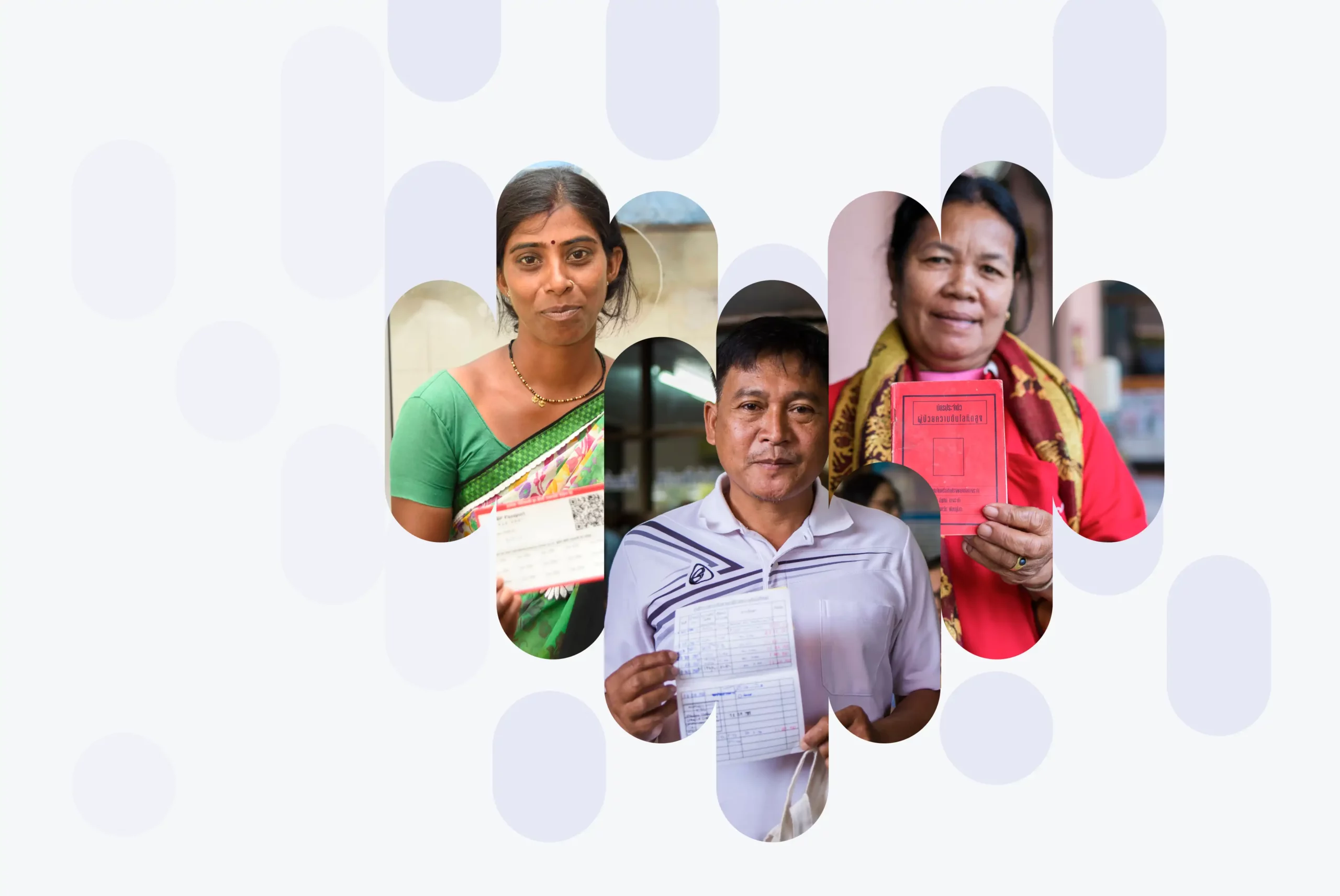
You’ve been redirected. LINKScommunity.org is now part of resolvetosavelives.org.
Filter by country:
Filter by Country:
Filter by Country:
Filter by Country:
Filter by Area:
Filter by Keyword:
Resolve to Save Lives
Resolve to Save Lives
Resolve to Save Lives
Resolve to Save Lives
Resolve to Save Lives
Resolve to Save Lives
Resolve to Save Lives
RESOLVE TO SAVE LIVES
Monitoring foods and beverages provided and sold in public sector settings
NIEBYLSKI ML ET AL. INT J ENVIRON RES PUBLIC HEALTH. 2014.
World Health Organization
Resolve to Save Lives
Resolve to Save Lives
Resolve to Save Lives
Resolve to Save Lives
Resolve to Save Lives and Médecins Sans Frontières
World Health Organization
Food and Agriculture Organization, United Nations
World Cancer Research Fund International
Adapted from the Centers for Disease Control & Prevention
ChangeLab Solutions, United States
Resolve to Save Lives
Resolve to Save Lives and the University of Washington
World Health Organization
Resolve to Save Lives
Resolve to Save Lives
BMC – part of Springer Nature
Resolve to Save Lives
Resolve to Save Lives
Ethiopia Ministry of Health
Ethiopian Pharmaceuticals Supply Service
Ethiopian Pharmaceutical Supply Service
Ethiopia Ministry of Health
GHAI, Resolve to Save Lives
Federal Ministry of Health and Social Welfare
Resolve to Save Lives
Resolve to Save Lives
Resolve to Save Lives
Resolve to Save Lives
Resolve to Save Lives
Andrew E. Moran, et.al
Resolve to Save Lives
Global Health Advocacy Incubator
Global Health Advocacy Incubator
Global Health Advocacy Incubator
Global health Advocacy Incubator
World Cancer Research Fund
Resolve to Save Lives
Andrew E. Moran, et al.
Resolve to Save Lives
Resolve to Save Lives
Resolve to Save Lives
Resolve to Save Lives
BioMed Central Ltd
The Journal of Clinical Hypertension
Resolve to Save LIves
Resolve to Save Lives
World Health Organization
World Health Organization
Pan American Health Organization
Johns Hopkins School of Public Health
RESOLVE TO SAVE LIVES
Resolve to Save Lives
RESOLVE TO SAVE LIVES
Global Health Advocacy Incubator
NEW SOUTH WALES DEPARTMENT OF EDUCATION, AUSTRALIA
NEW SOUTH WALES GOVERNMENT HEALTH, AUSTRALIA
AUSTRALIAN CAPITAL TERRITORY (ACT) GOVERNMENT
VICTORIA STATE GOVERNMENT, DEPARTMENT OF EDUCATION AND TRAINING, AUSTRALIA
KAISER PERMANENTE, HEALTHY PICKS COMMITTEE, UNITED STATES
AMERICAN HEART ASSOCIATION, UNITED STATES
CENTER FOR THE SCIENCE IN THE PUBLIC INTEREST, UNITED STATES
RAINE KD ET AL. HEALTH PROMOT CHRONIC DIS PREV CAN. 2018
No resources found
